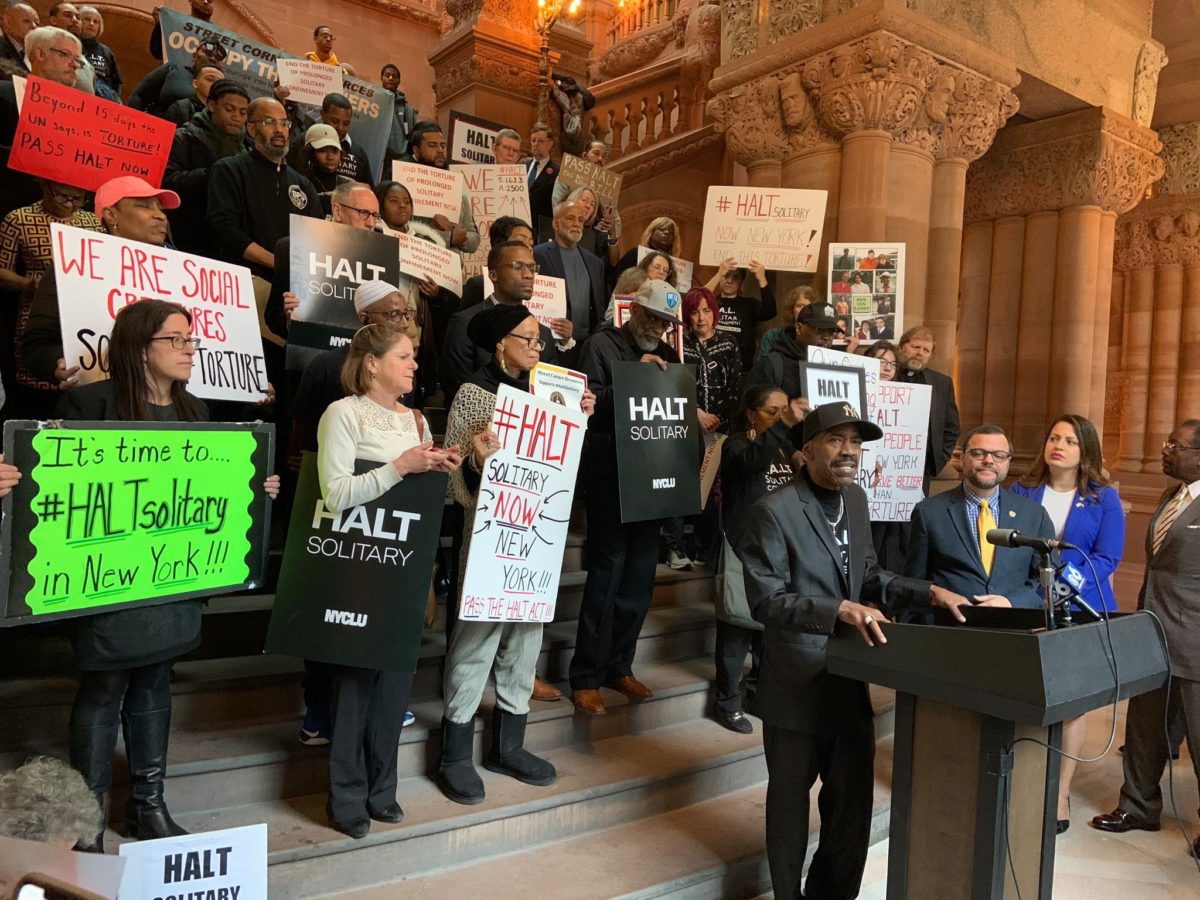
To End Solitary Confinement, Advocates Turn Up the Pressure on Sheriffs
Sheriffs who run county jails bear responsibility for placing people in torturous isolation.

Sheriffs who run county jails bear responsibility for placing people in torturous isolation.
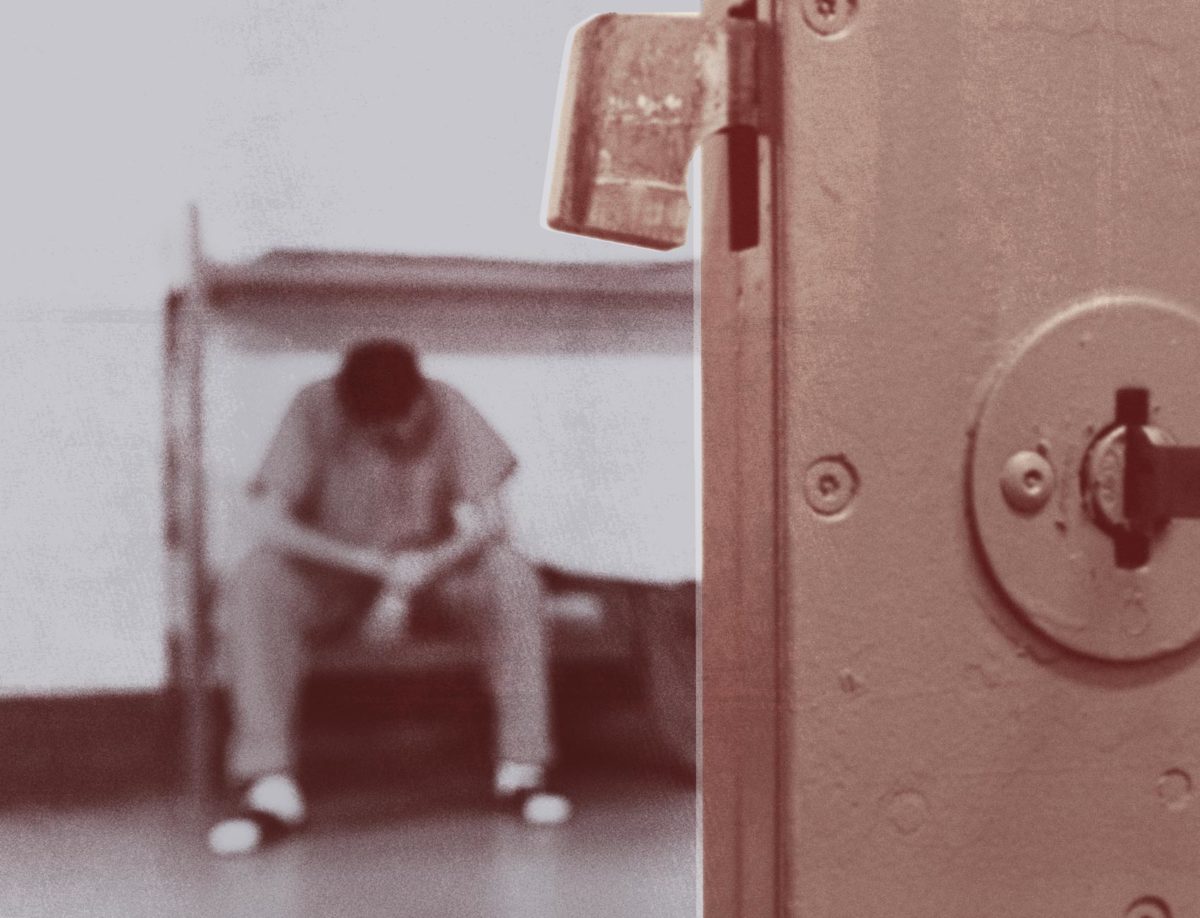
Through fees and forced labor, sheriffs typically exacerbate the financial costs of incarceration, but they could also mitigate them.
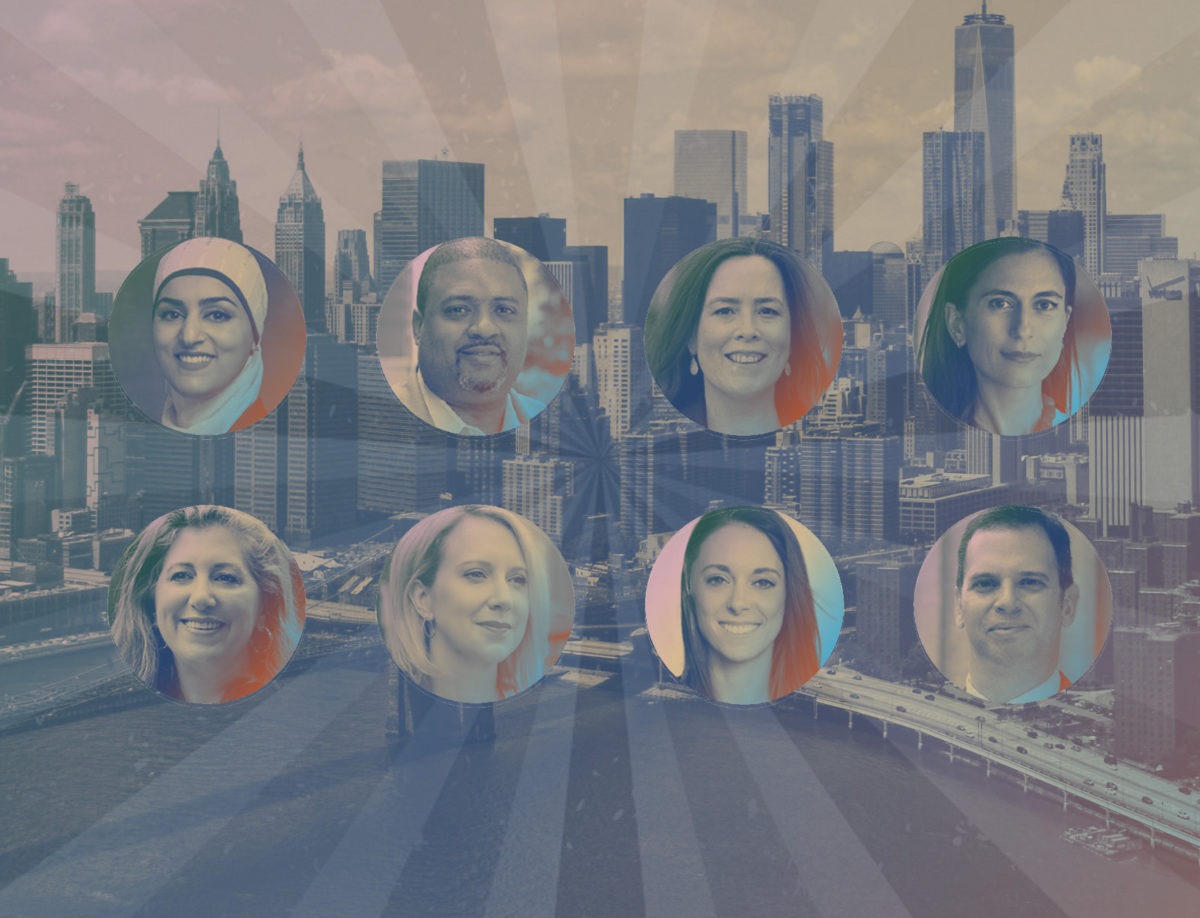
Thirteen policy questions reveal the rifts in tomorrow’s Democratic primary, and the space for criminal justice reforms.
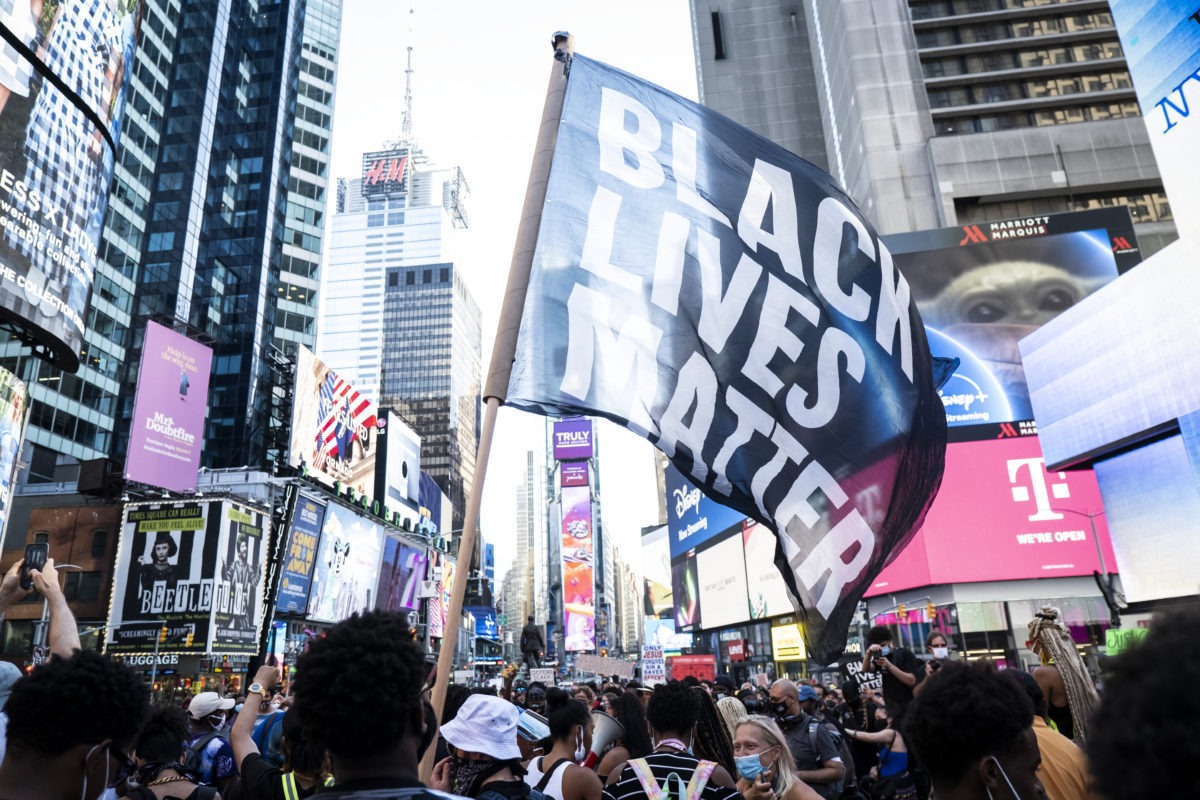
Candidates running in Tuesday’s election vow to sideline untrustworthy officers and purge past convictions. The outgoing DA has drawn fire for his handling of police misconduct.
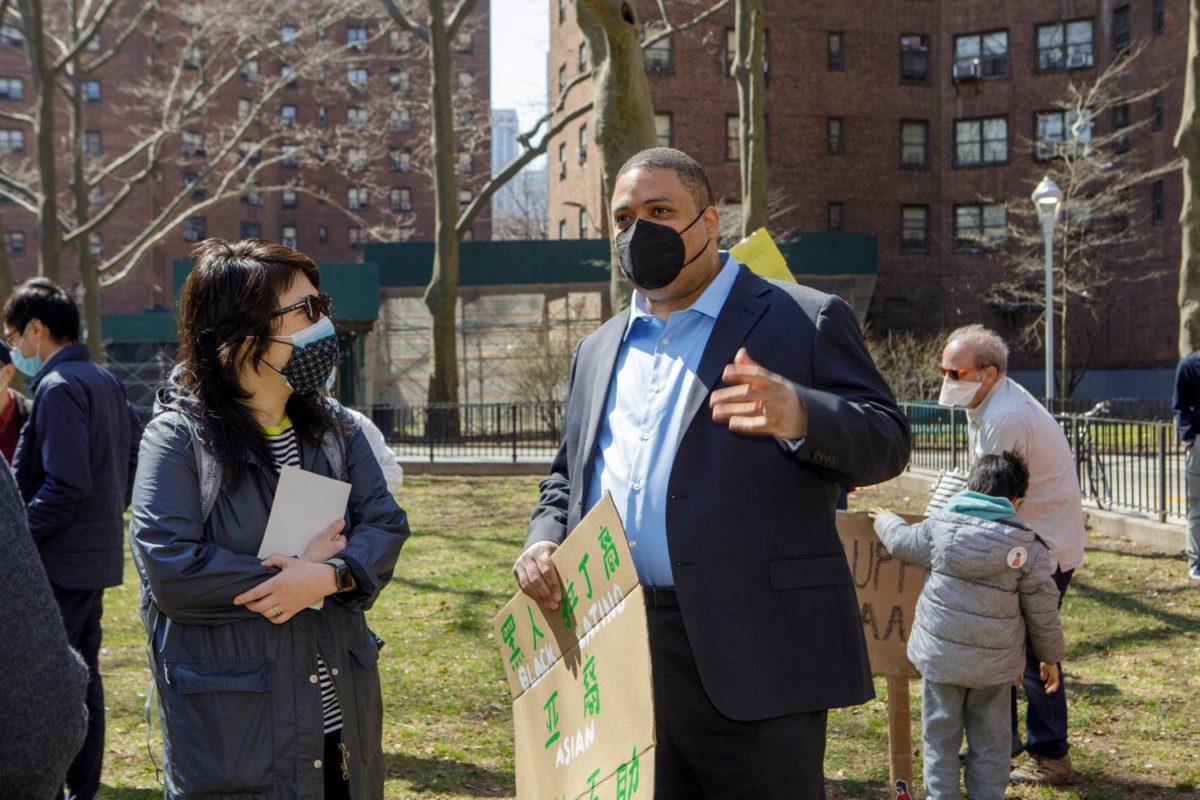
The Manhattan DA candidate makes his case that more incarceration does not bolster public safety, one week from the Democratic primary.
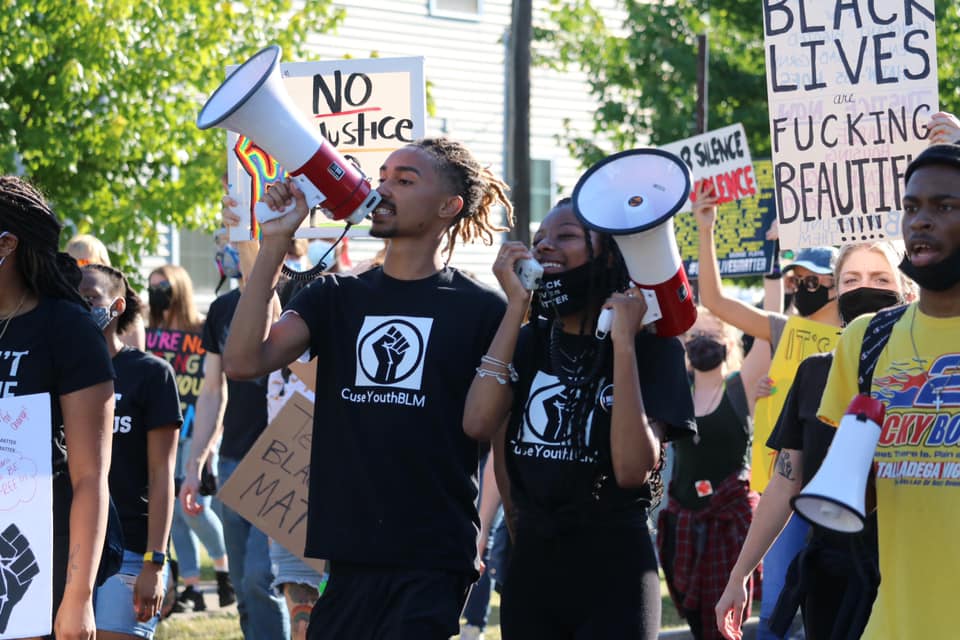
Student activists pushing for police-free schools in Syracuse, New York, are backing Twiggy Billue, a candidate in the June 22 primary who wants to follow school districts across the country that have cut ties with cops.
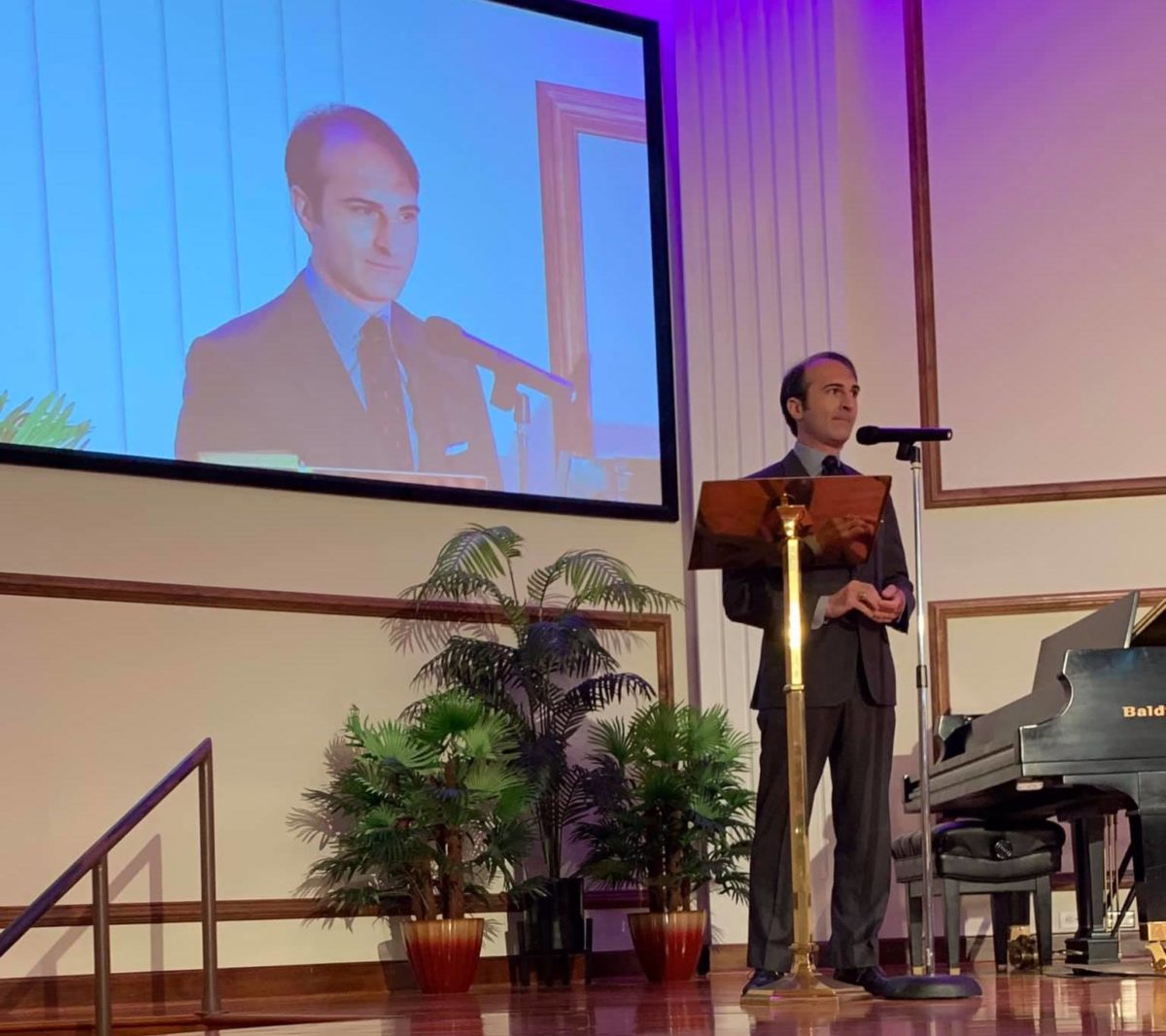
Virginia’s primaries on Tuesday saw Ramin Fatehi clinch the Democratic nomination for Commonwealth Attorney in Norfolk, the site of a major showdown over reform in 2019. He is unchallenged in November.
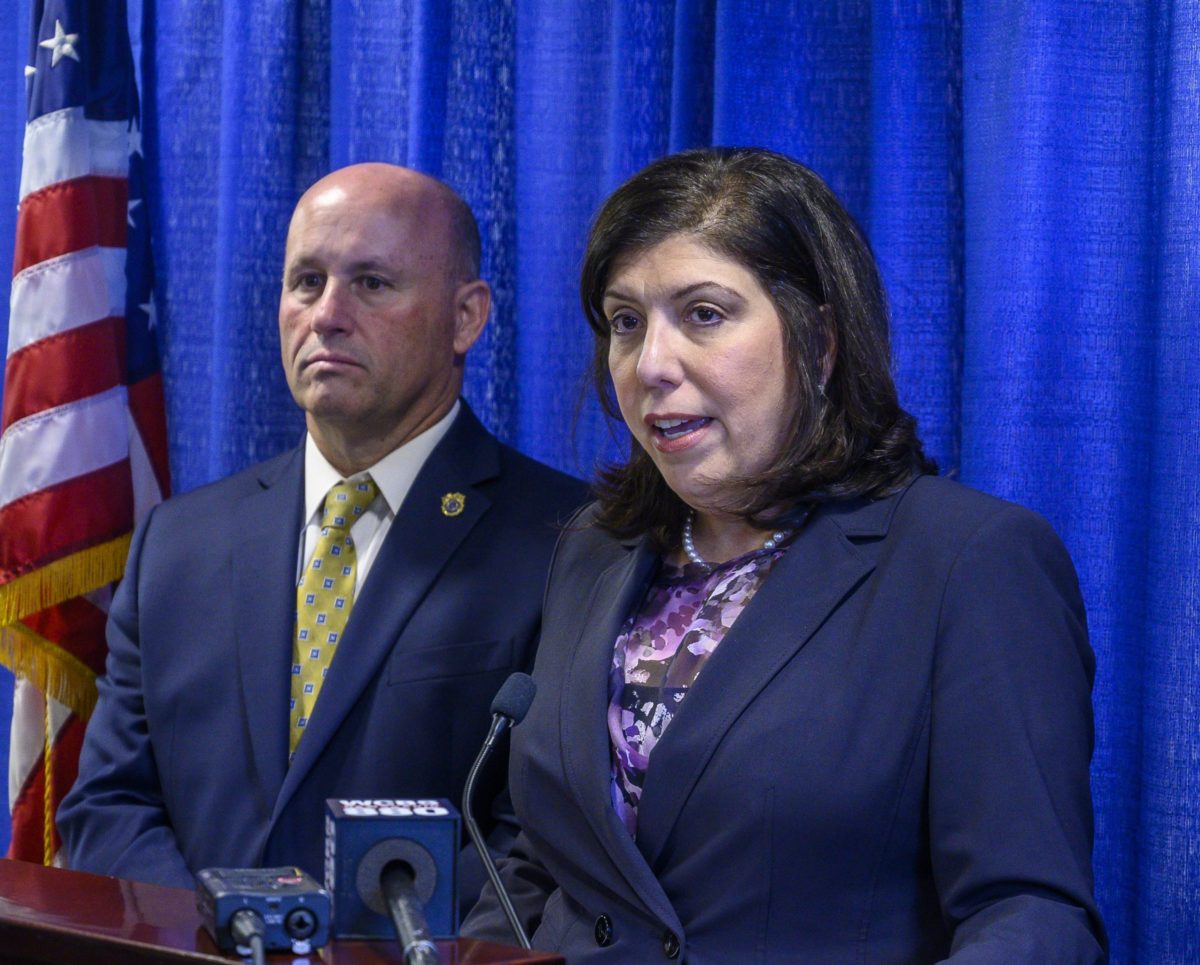
Progressives are warning that the governor’s appointment of the Nassau County district attorney would intensify the court’s pro-prosecution bent.
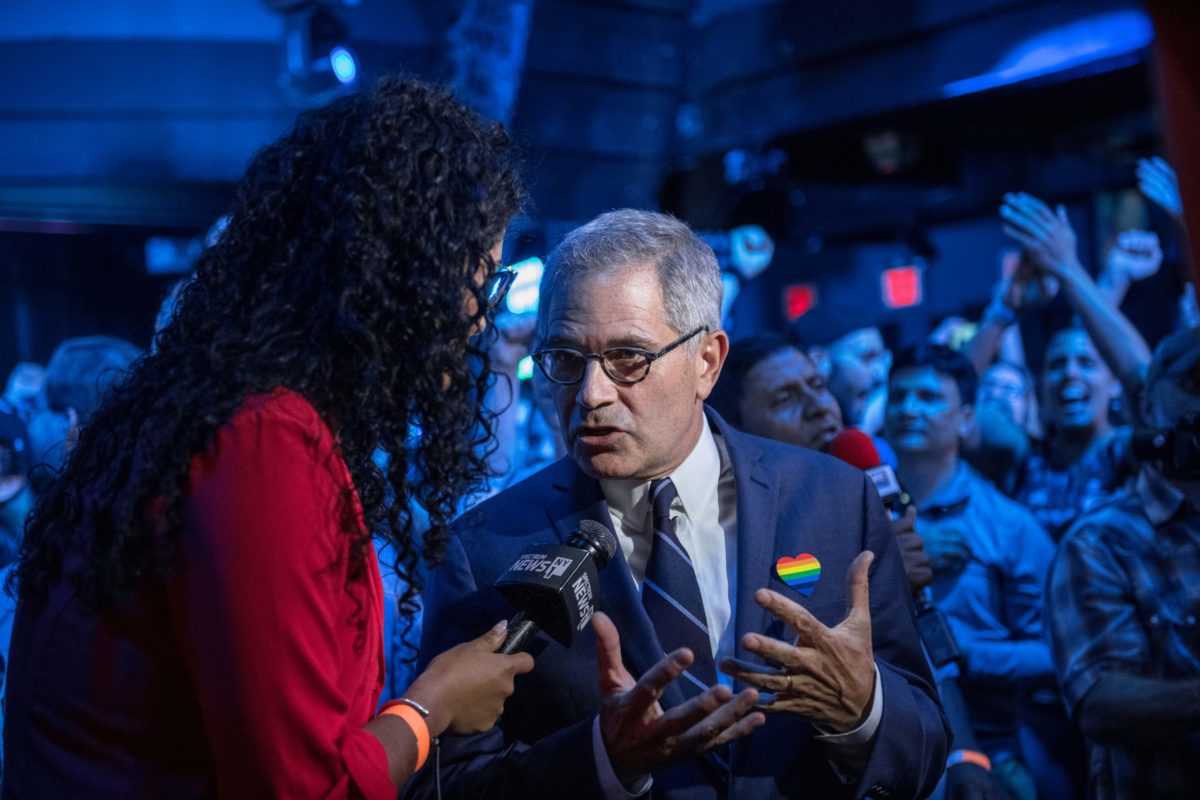
Progressive gains in Philadelphia’s primaries for judge and DA showcase a movement intent on taking over broader swaths of the criminal legal system.
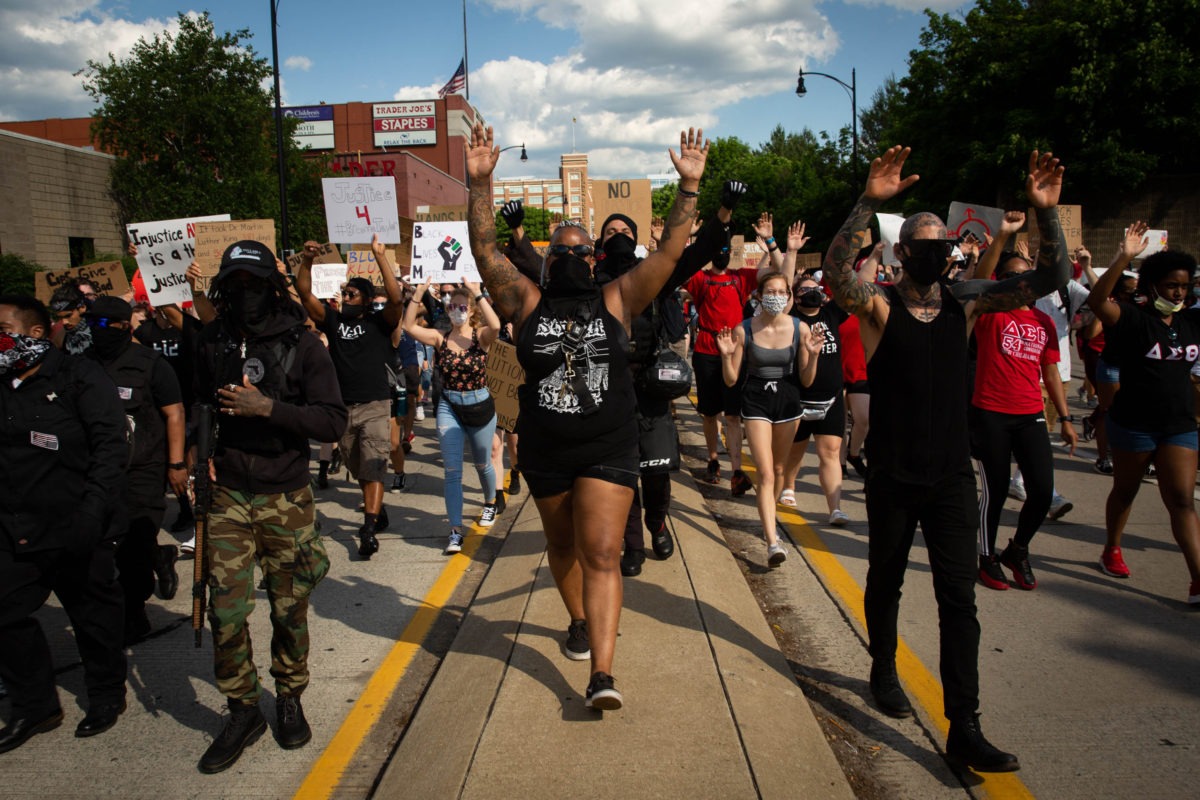
From a historic DA race to judge candidates against mass incarceration, these elections could reshape the criminal legal system.
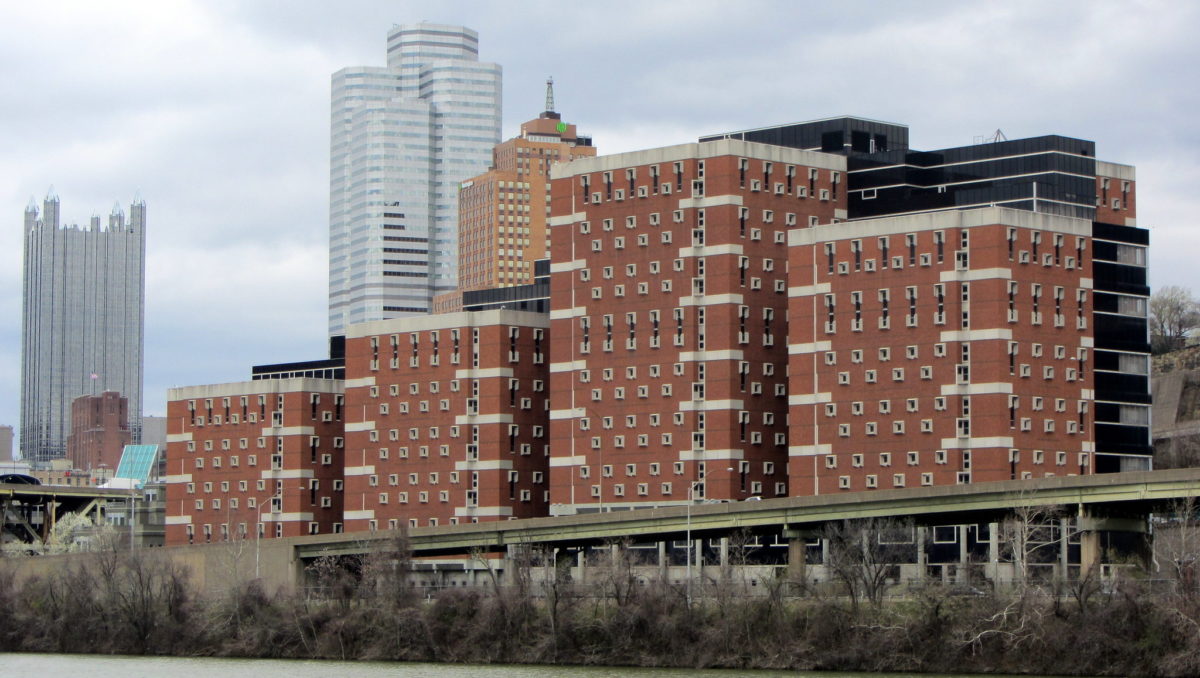
A ballot initiative in Allegheny County would limit how long incarcerated people can be held in isolation. Allegations of abuse in the local jail led activists to push for the reform.
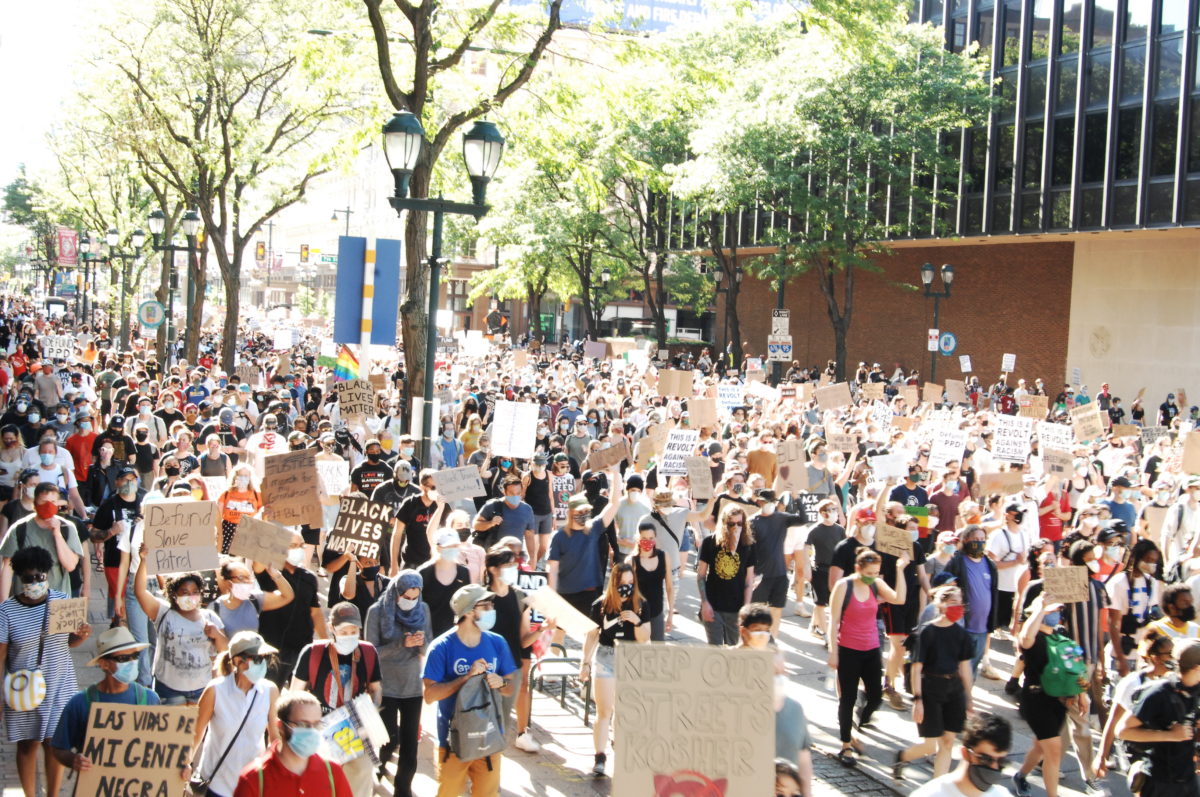
Larry Krasner ended an era of tough-on-crime policies in the DA’s office and sparked a nationwide movement. Now voters will decide whether to continue on this path.
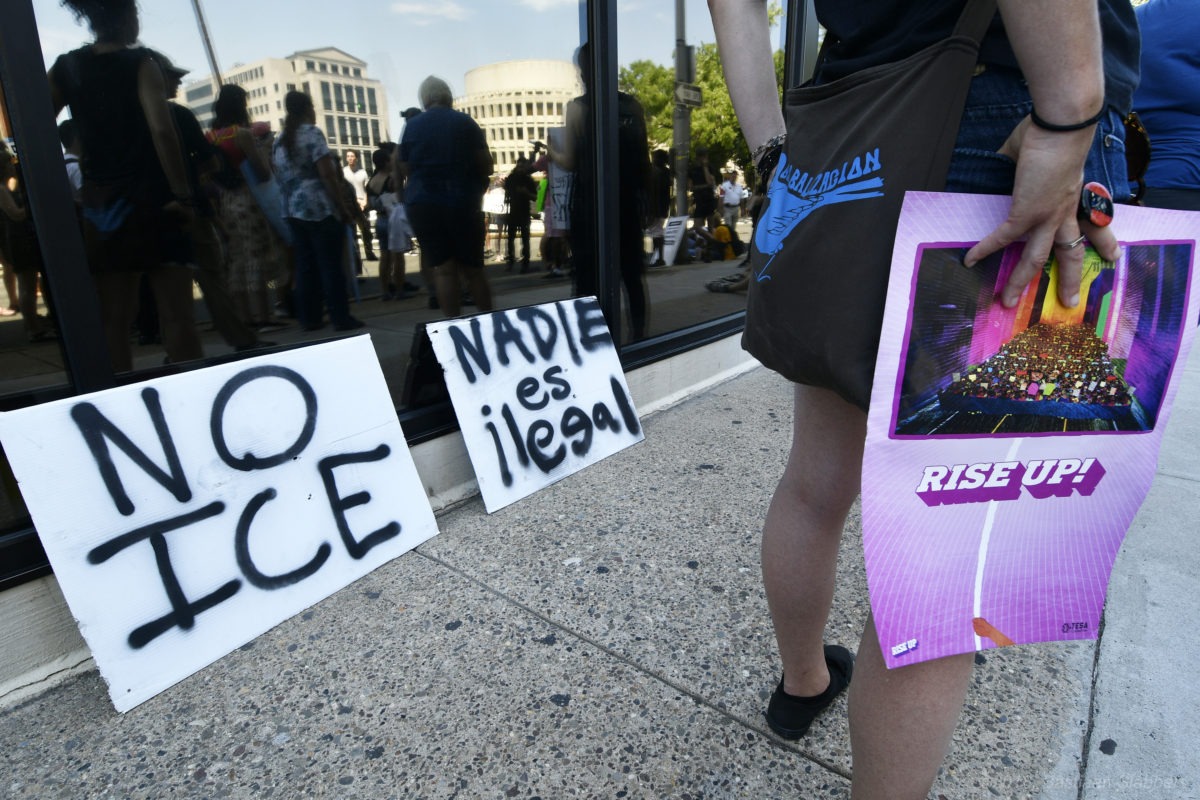
DA Larry Krasner pursued reforms to protect immigrant defendants from ICE. Will they survive his re-election race?
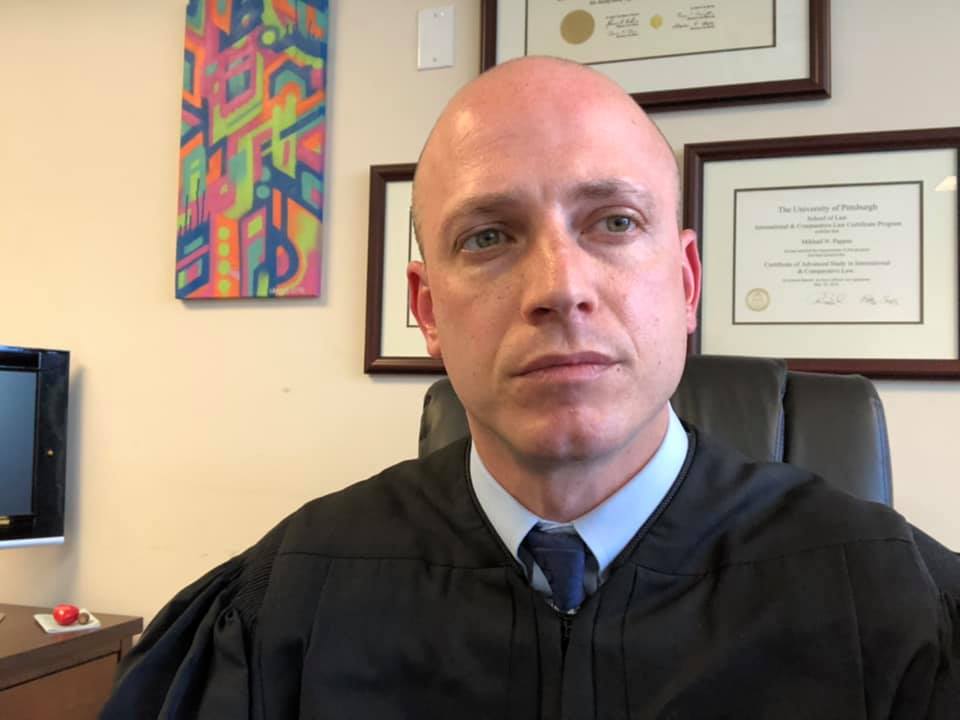
Mik Pappas, elected judge in 2017 with the support of the local DSA, is now running for higher office as part of a slate that wants to change the legal system in Allegheny County.
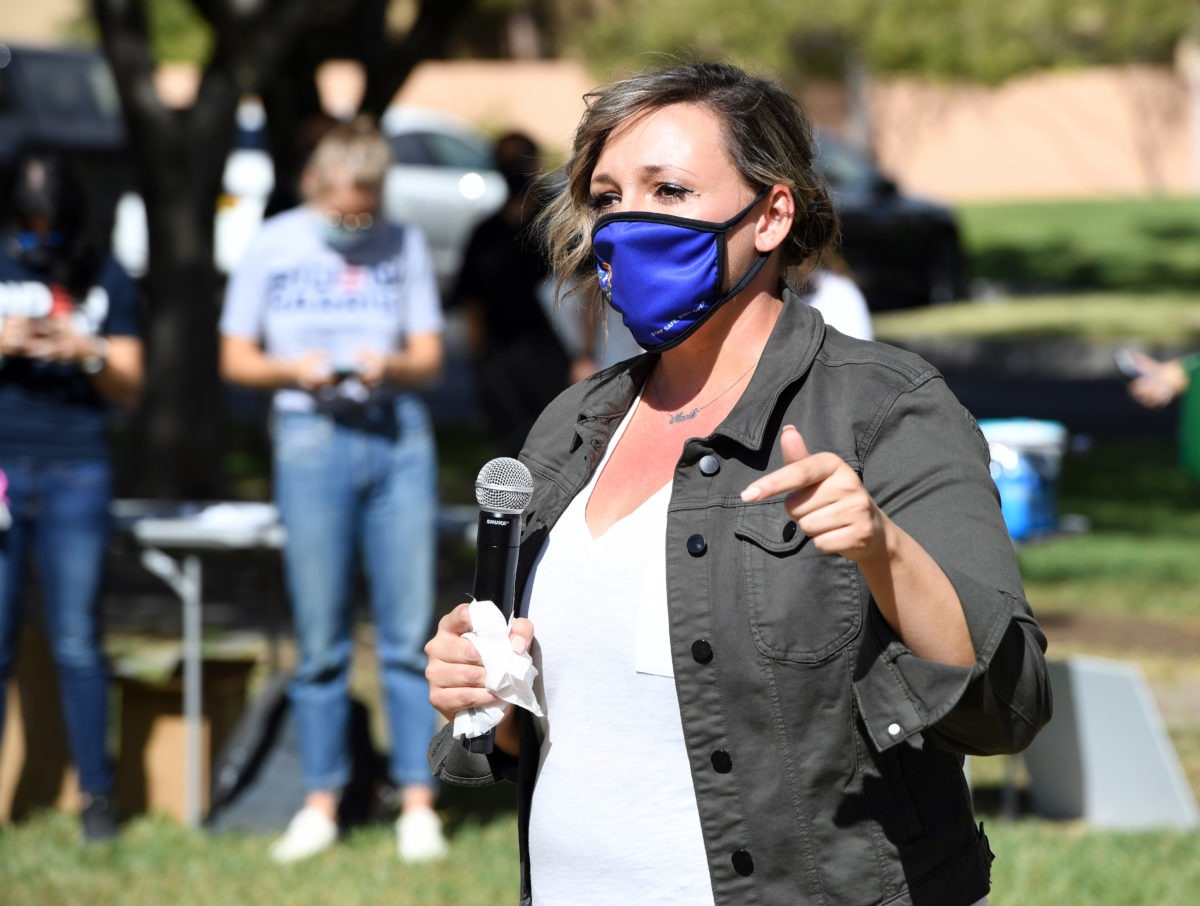
Time is running out for the state Senate to advance a bill repealing the death penalty. Two influential Democratic senators also work as prosecutors, and the state’s DA association is fighting the reform.
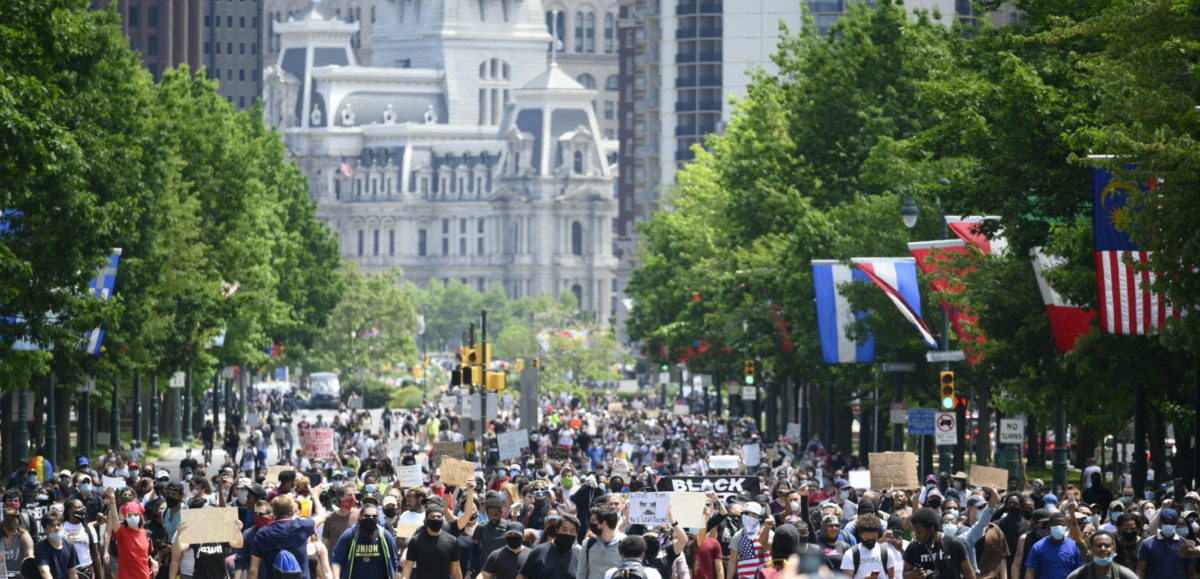
Activists are backing judge candidates in Philadelphia’s May 18 primary who want to reduce the use of cash bail, avoid long sentences, and bolster tenant protections.
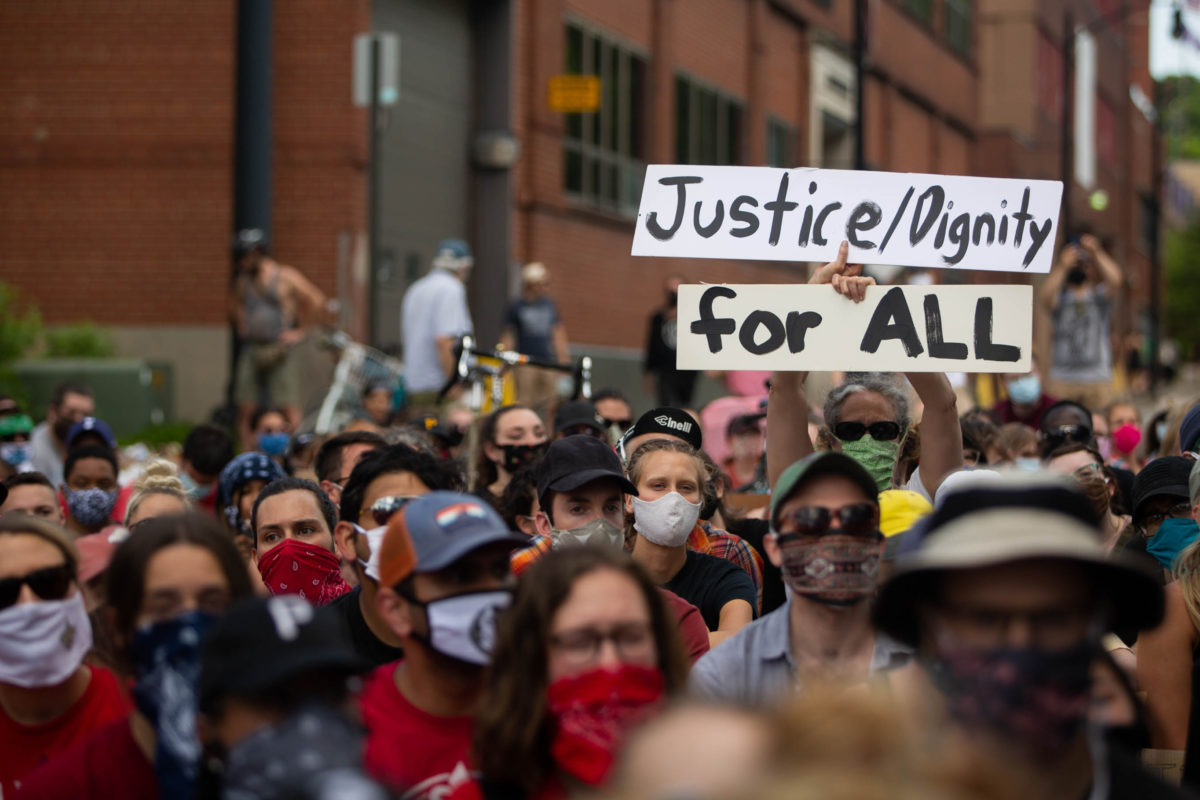
Grassroots groups are backing a slate of judge candidates in the May 18 primary. If elected, they could curb bail, high sentences, and other drivers of mass incarceration.
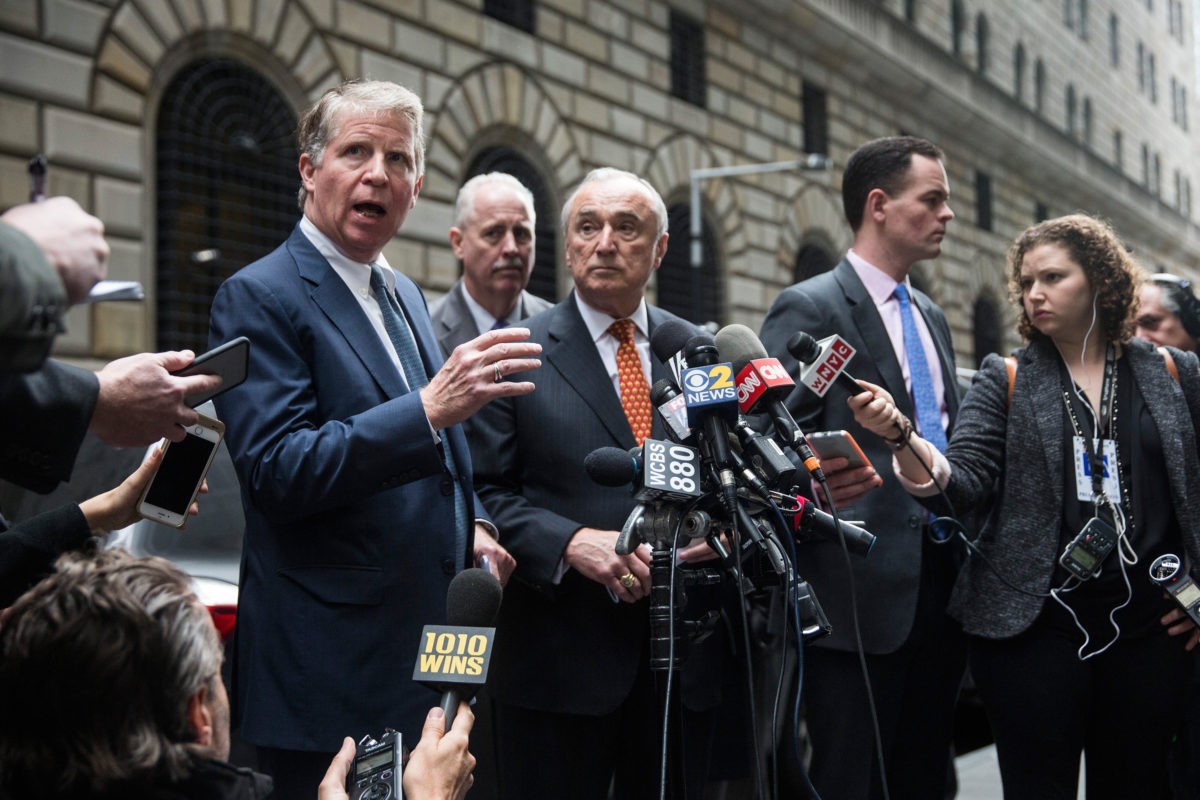
Thousands of New Yorkers are in prison for life. Now candidates who are running in Manhattan’s June primary say they will help more people receive parole and stop seeking decades-long sentences.
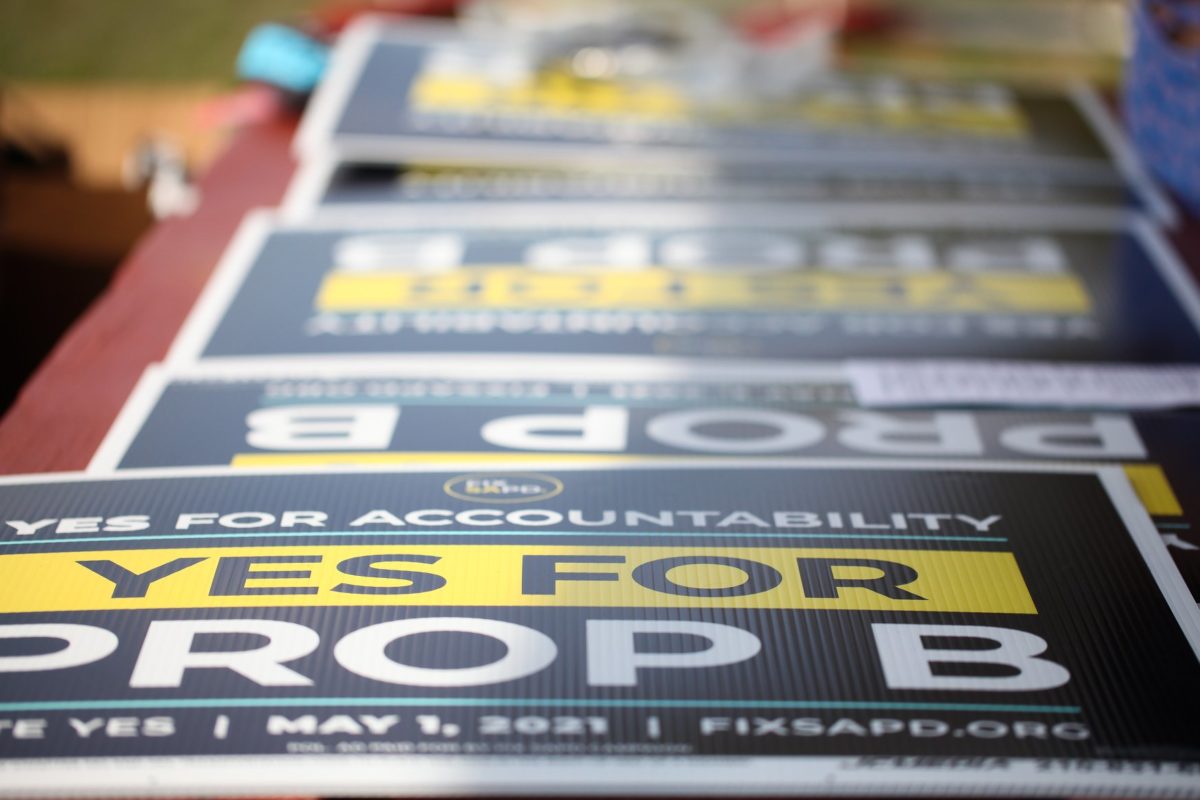
If Proposition B passes, police would no longer have the upper hand at the bargaining table. Advocates say union contracts have allowed police brutality to go unpunished.
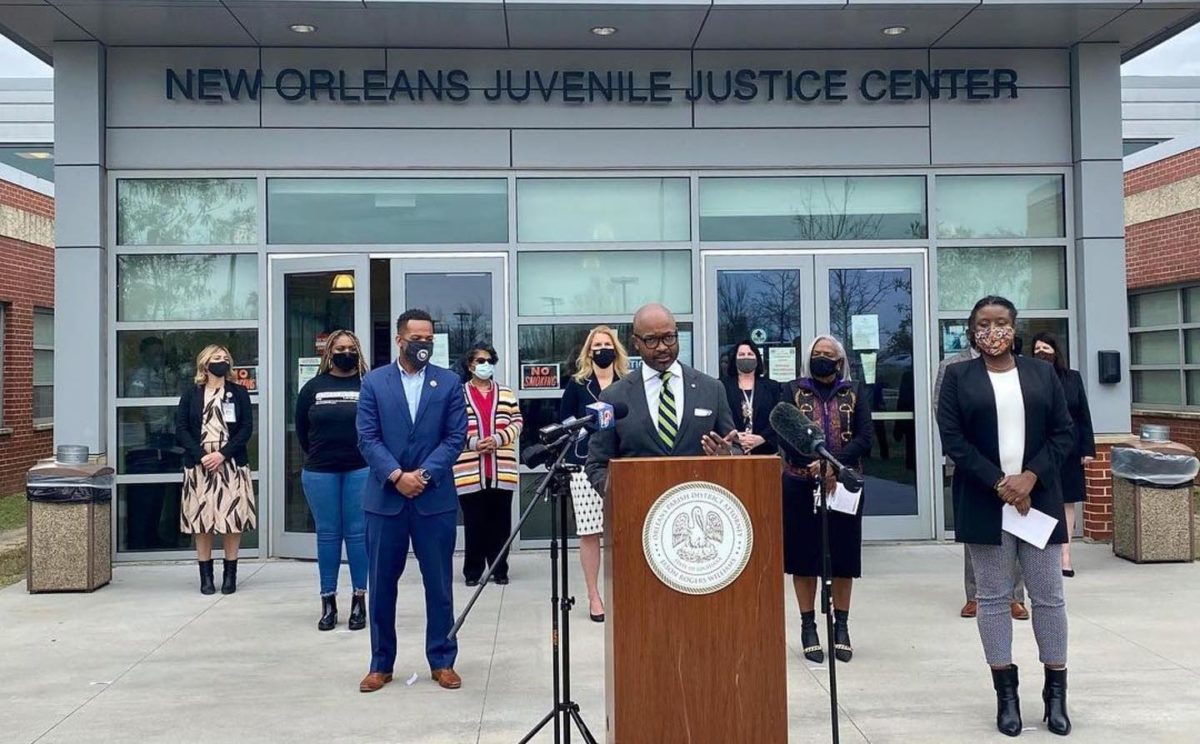
New Orleans DA Jason Williams is making changes to remedy excessive sentencing, obstacles to parole, and convictions made by nonunanimous juries.
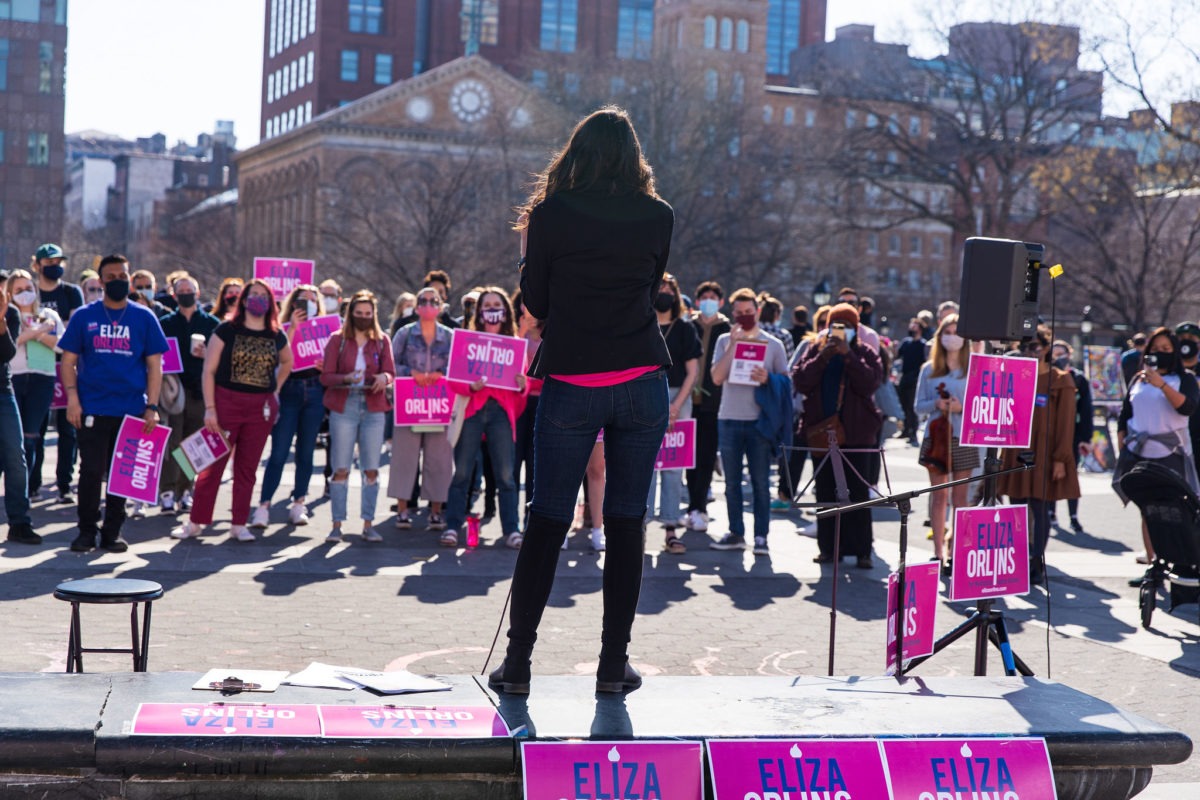
Eliza Orlins, who is running in the June 22 primary, lays out how she would overhaul the “prosecutorial-industrial complex.”
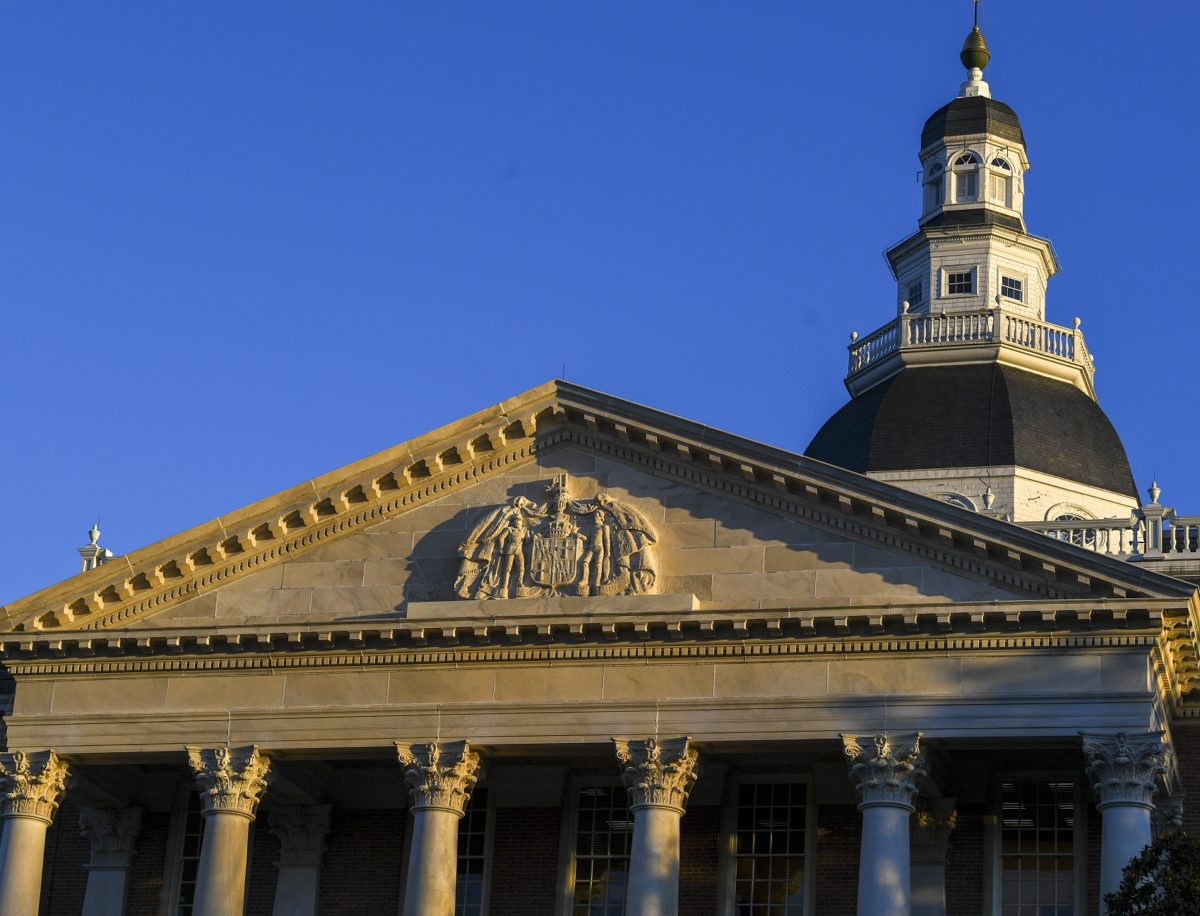
The bill gives hundreds of people an opportunity to petition for earlier release.
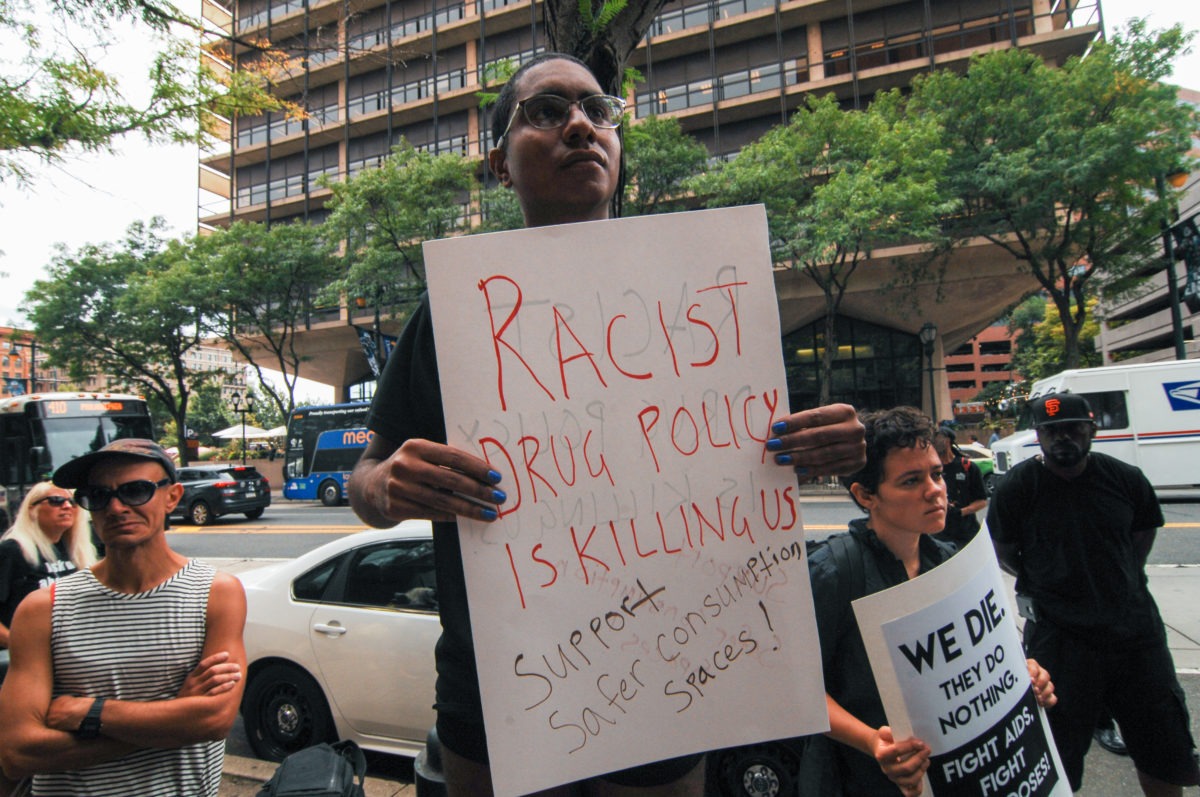
Larry Krasner has been dropping drug possession charges at a growing pace. But his challenger in the May 18 primary wants to send these cases to drug court.
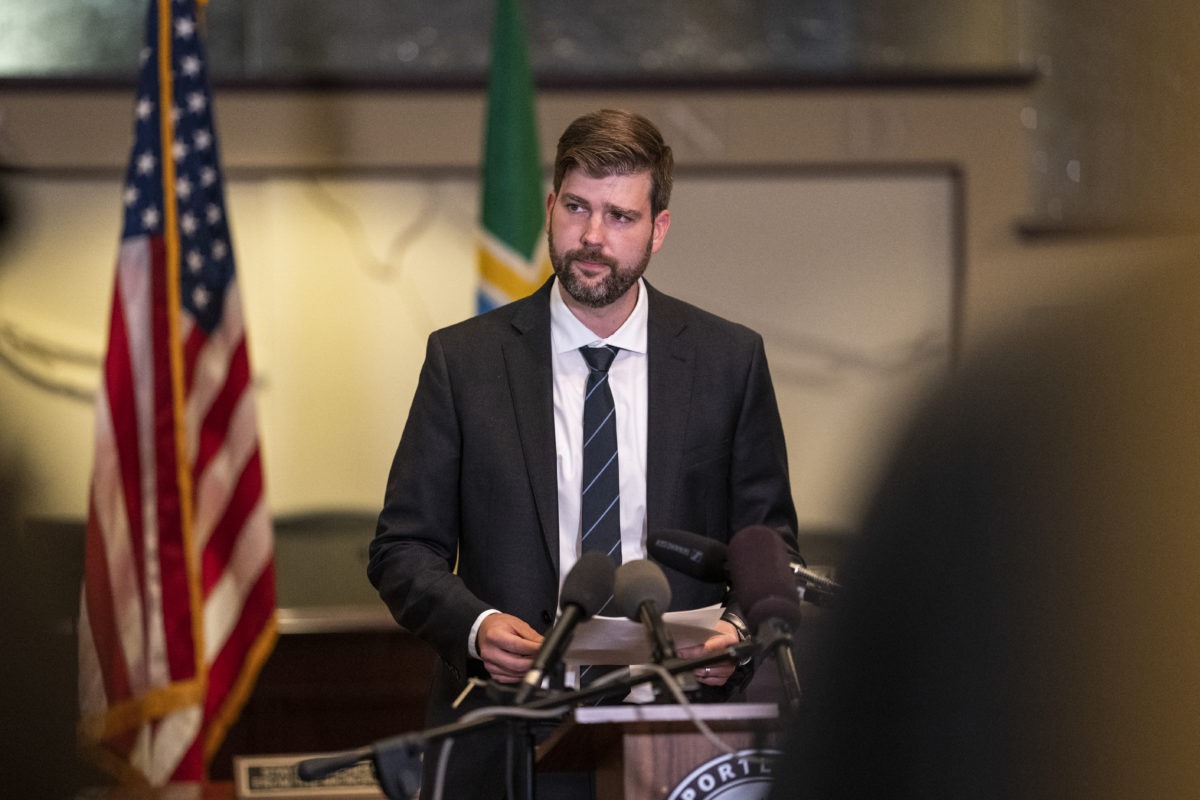
Three district attorneys are speaking out against Oregon’s “one-strike-you’re-out” law and breaking ranks with a prosecutors’ lobby that has long pushed for harsh policies.
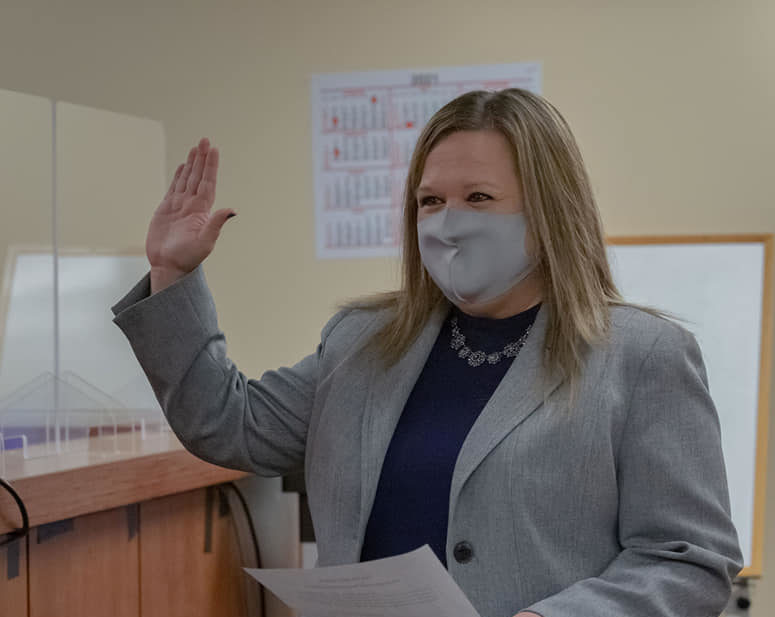
Tarra Simmons lays out why she championed a new law that restores voting rights to people on probation and parole once she joined Washington’s state legislature.
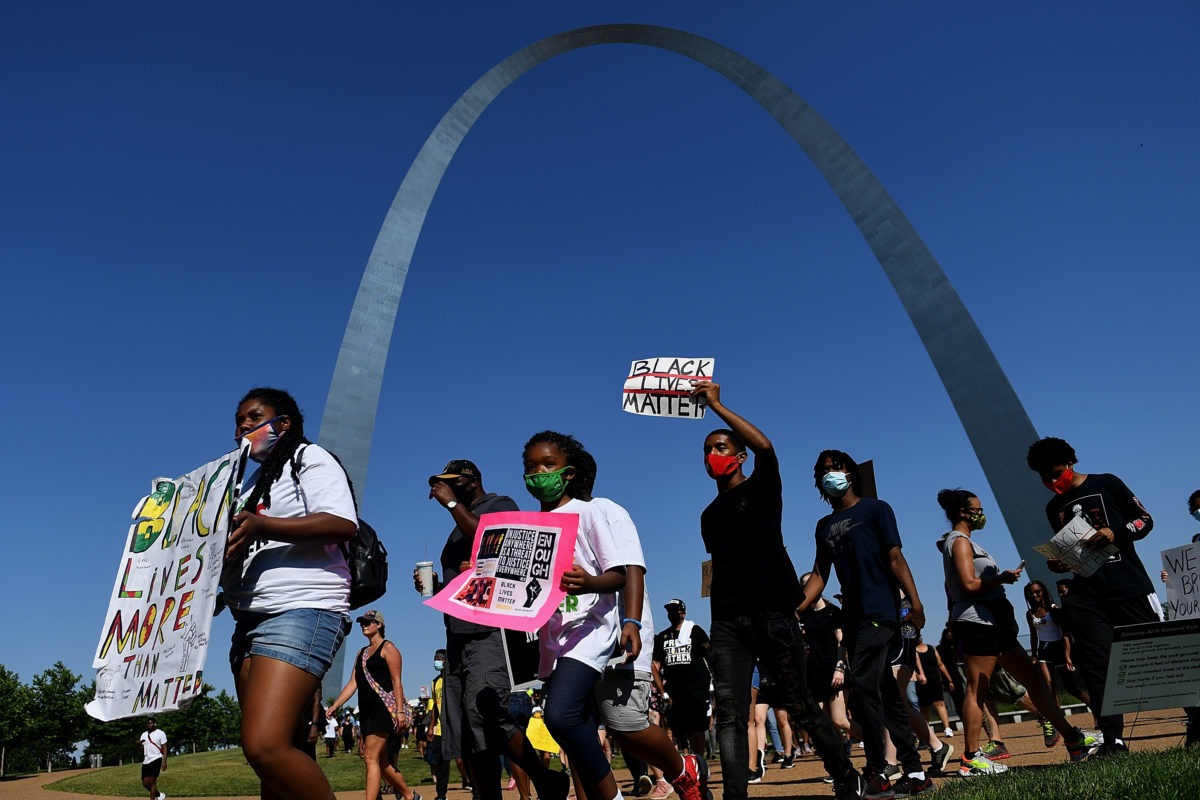
Both mayoral candidates in tomorrow’s election favor an approach called focused deterrence. Some advocates caution it could reinforce punitive policing.
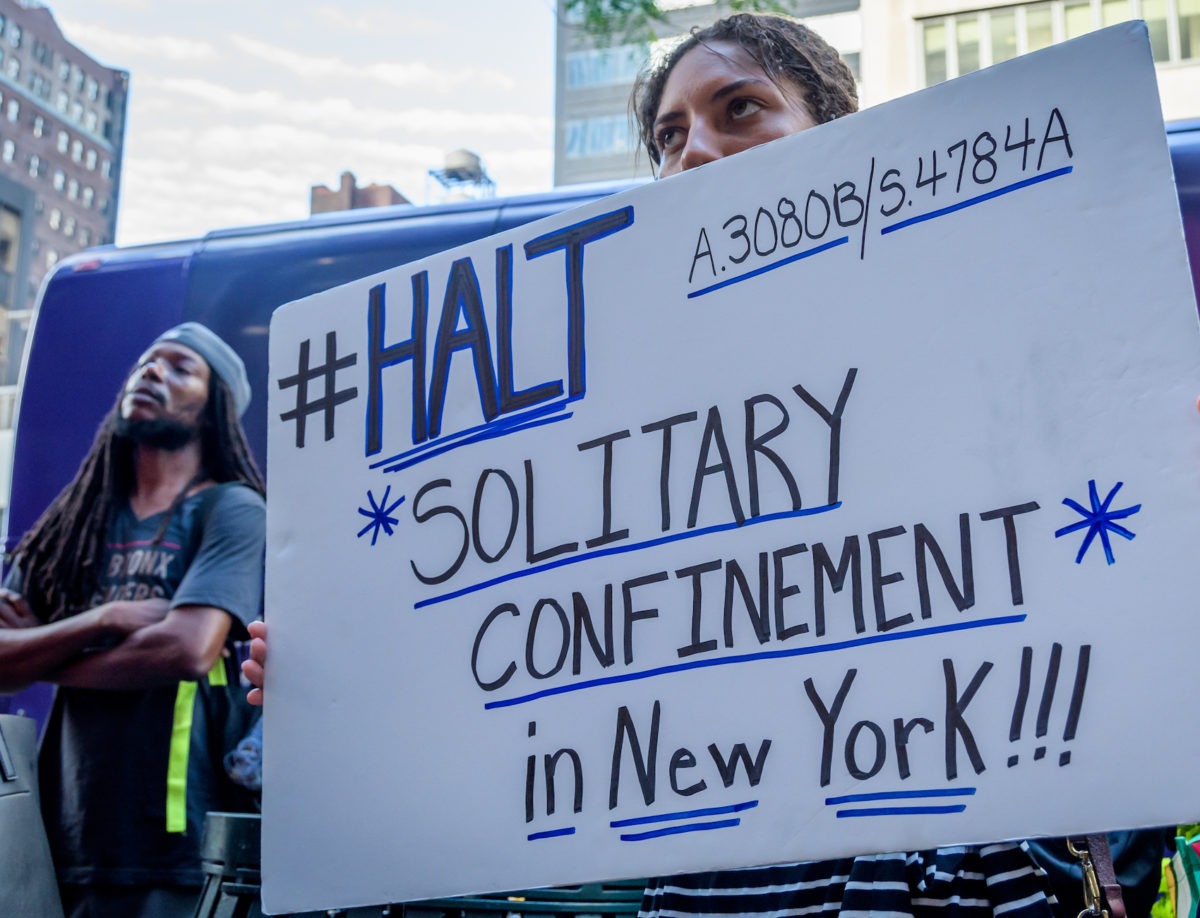
The embattled New York governor, who advocates describe as a longtime impediment to reform, signed bills to legalize marijuana and considerably restrict solitary confinement in the state.
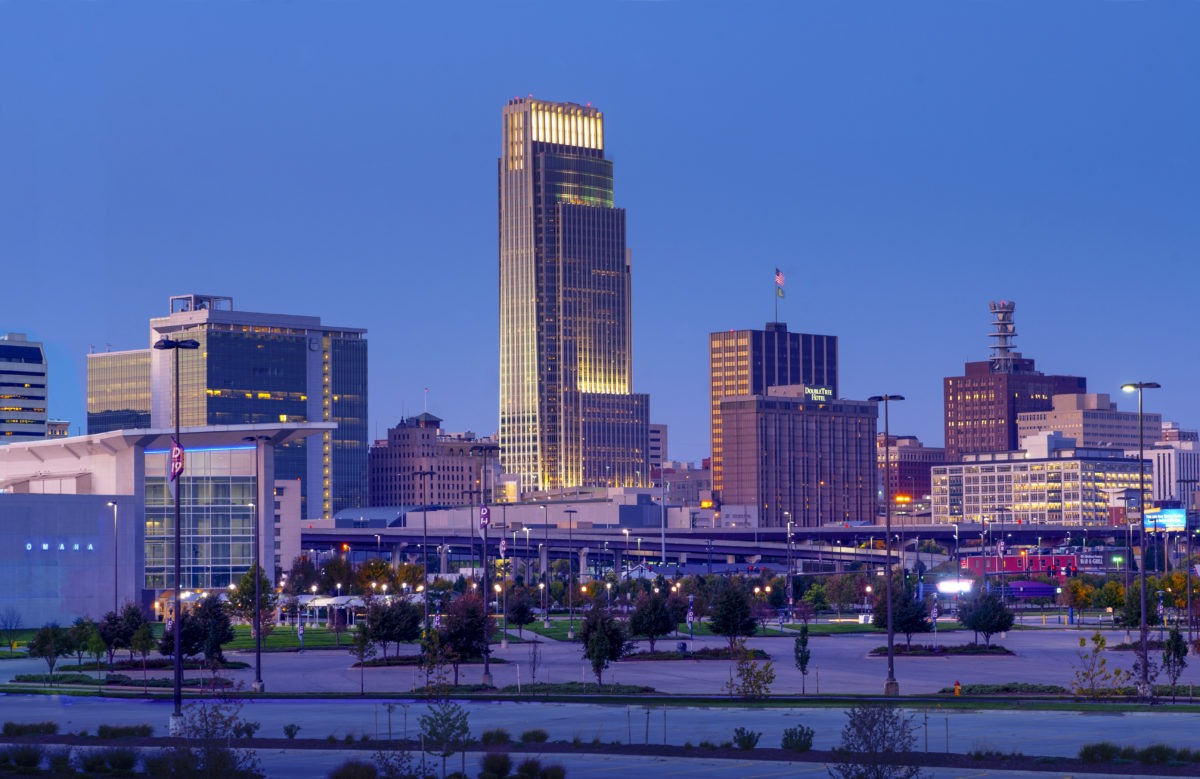
Racial justice protests rocked the city last year. Activists see next week’s mayoral race as a chance to take a new path.
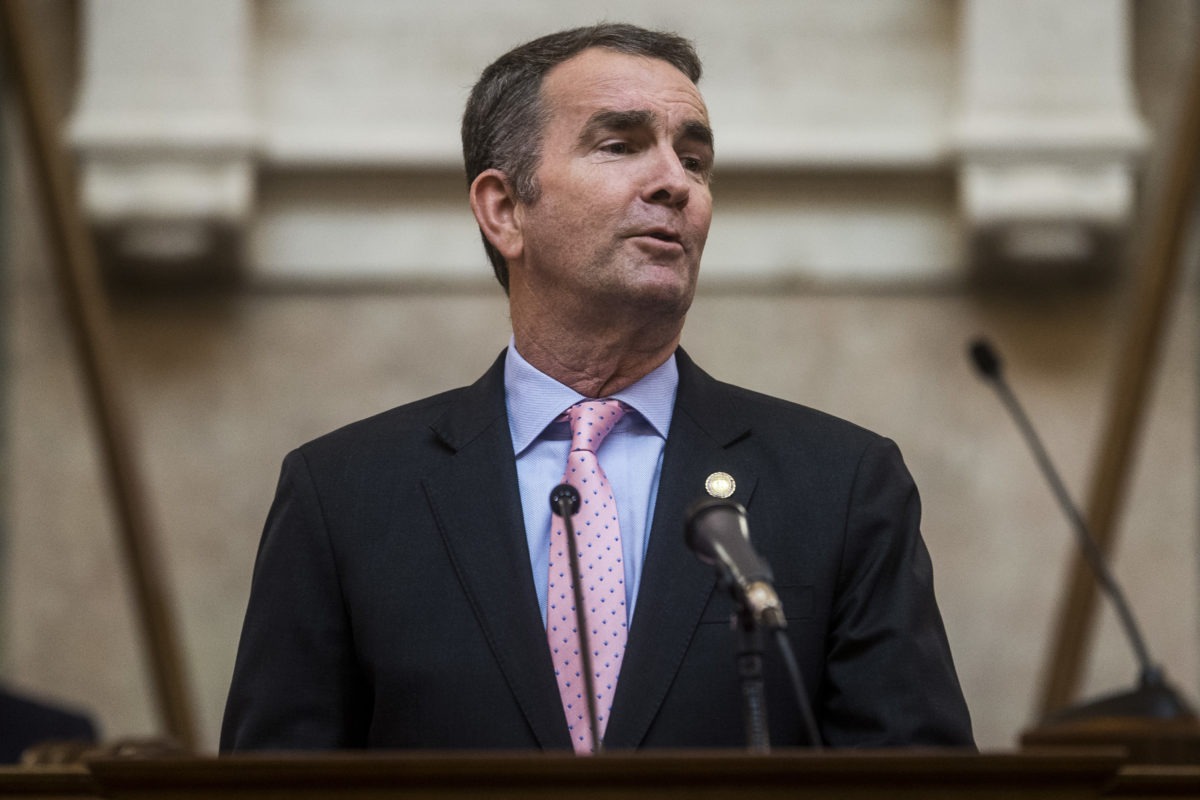
People with felony convictions who aren’t in prison can now vote. State elections could bring further progress or a sharp retreat.
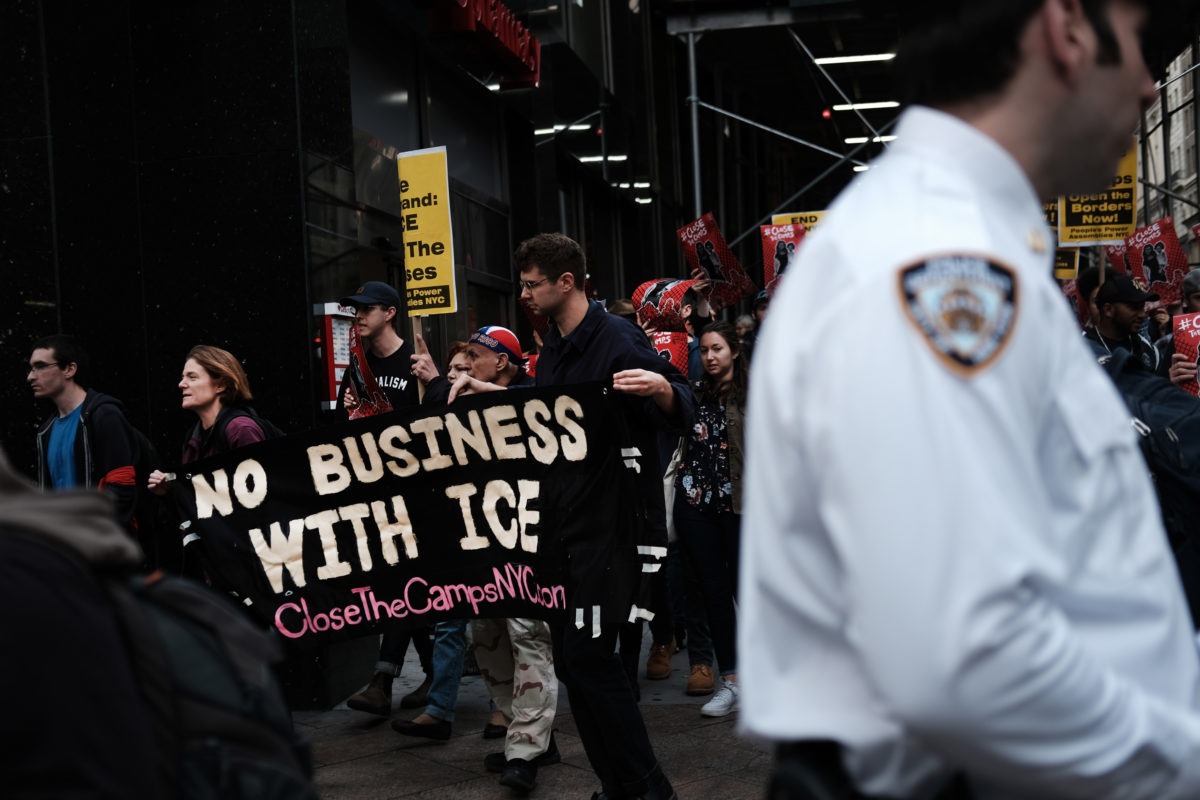
More public officials are breaking ties with ICE, as immigrants’ rights advocates double down on their case that local governments should avoid immigration enforcement regardless of Biden’s new policies.
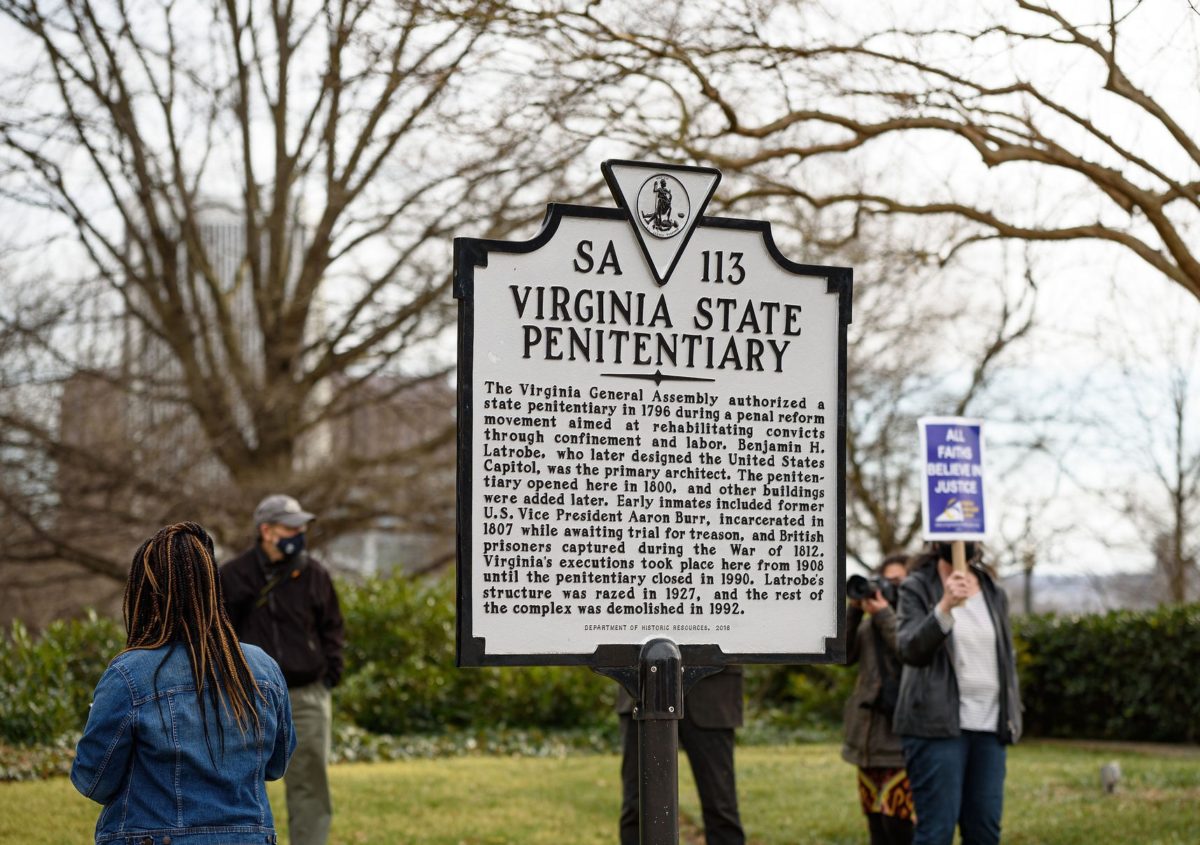
Abolition advocates are celebrating a milestone for racial justice.
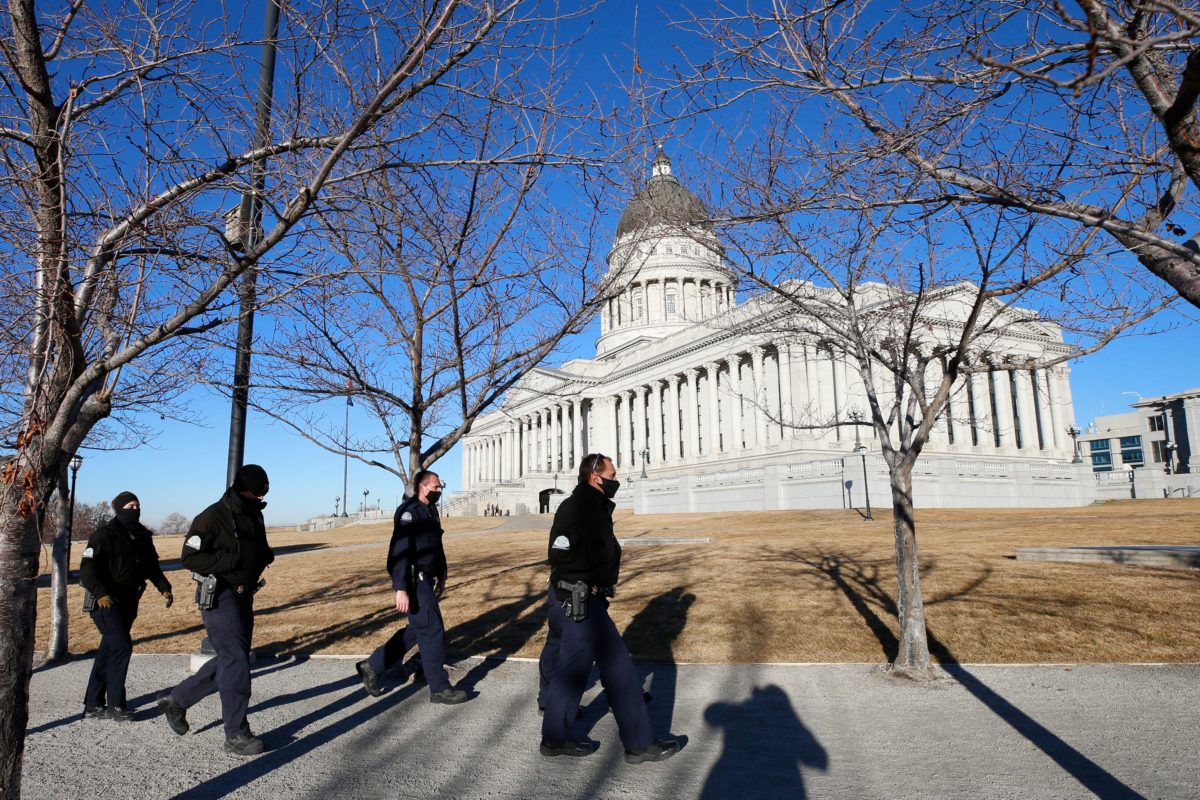
State lawmakers curbed cash bail last year, but now they’re backtracking. Governor Spencer Cox could keep the reforms intact.
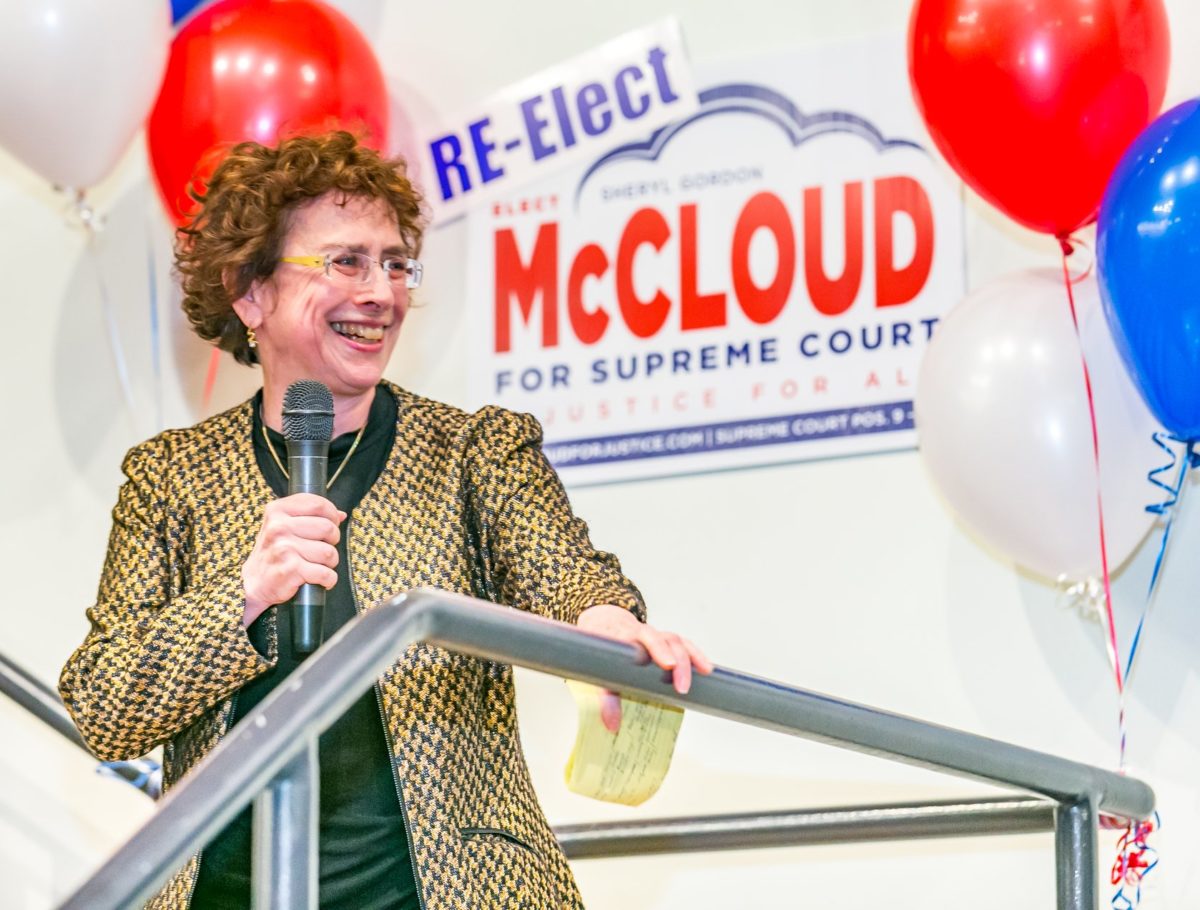
An emboldened progressive majority on Washington State’s highest court struck down a law that criminalized drug possession and expanded restrictions on life without parole.
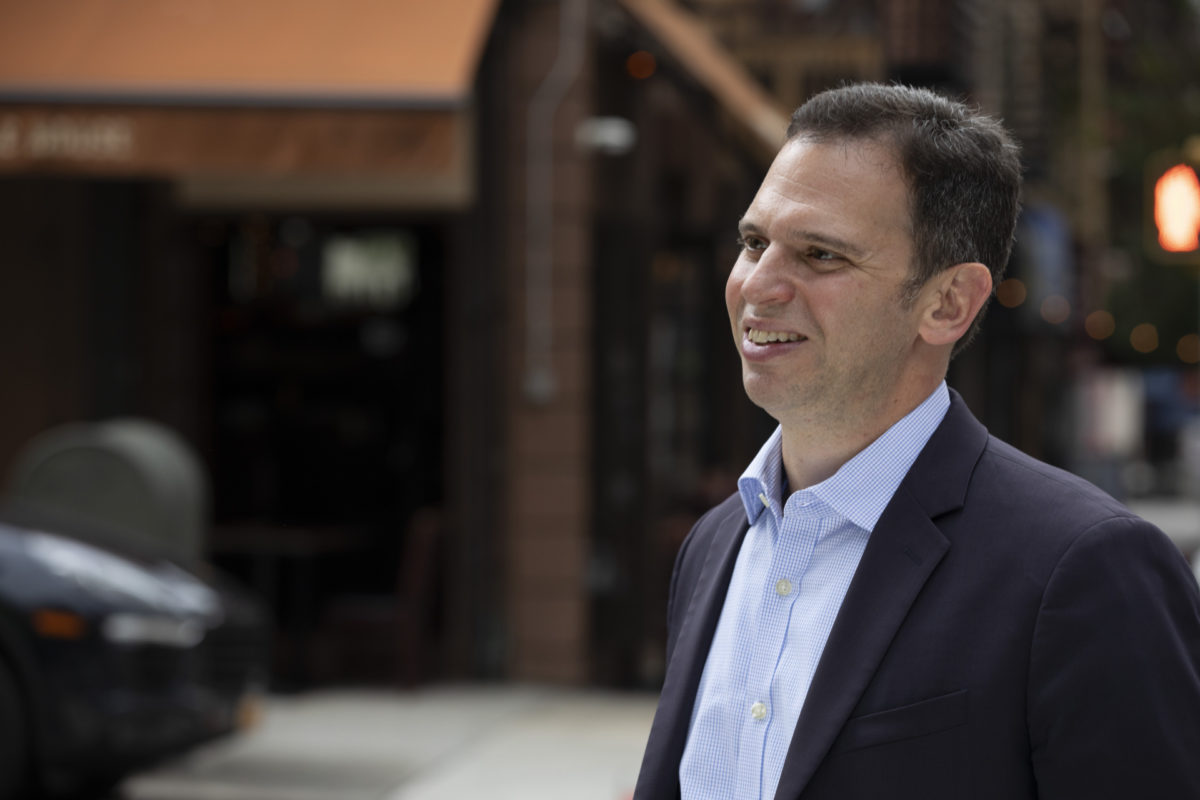
Dan Quart makes the case for addressing the “systemic breakdown” in New York’s prisons and jails with shorter sentences, ending cash bail, and other reforms.
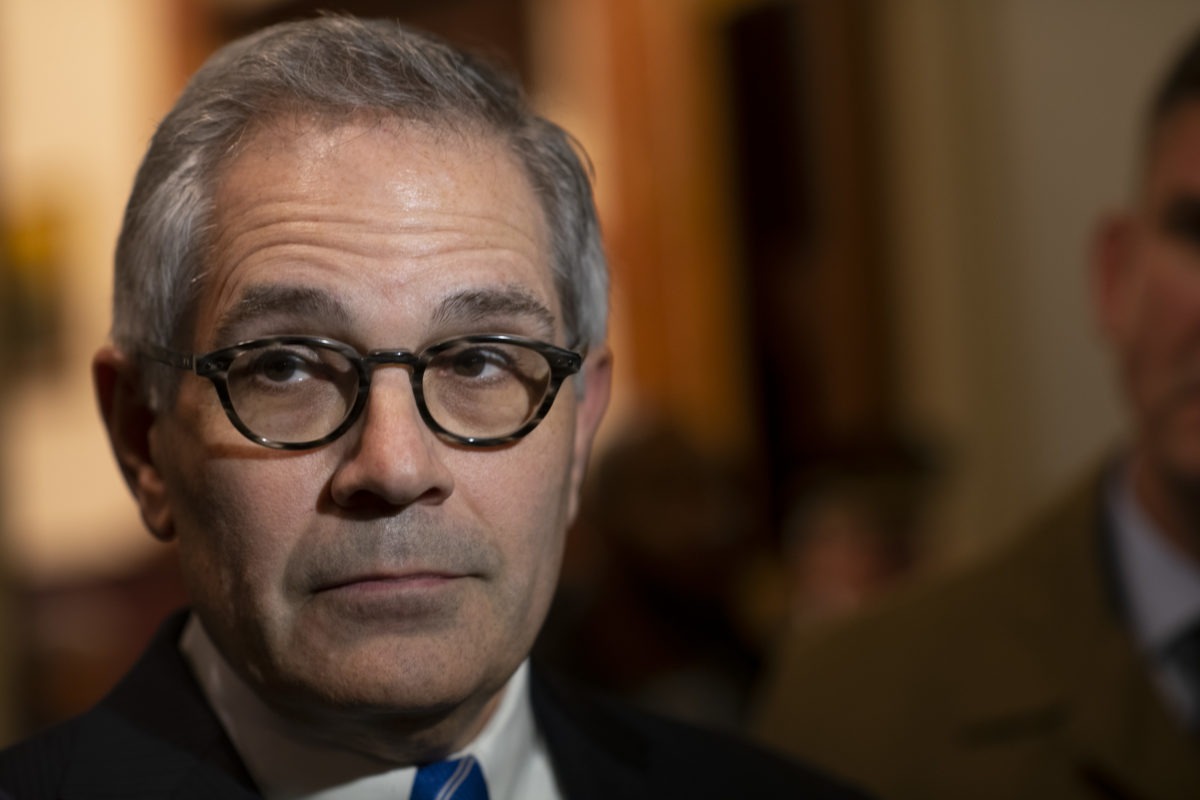
The population of people under supervision dropped during Krasner’s first term, but his opponent in the May primary wants to roll back his changes.
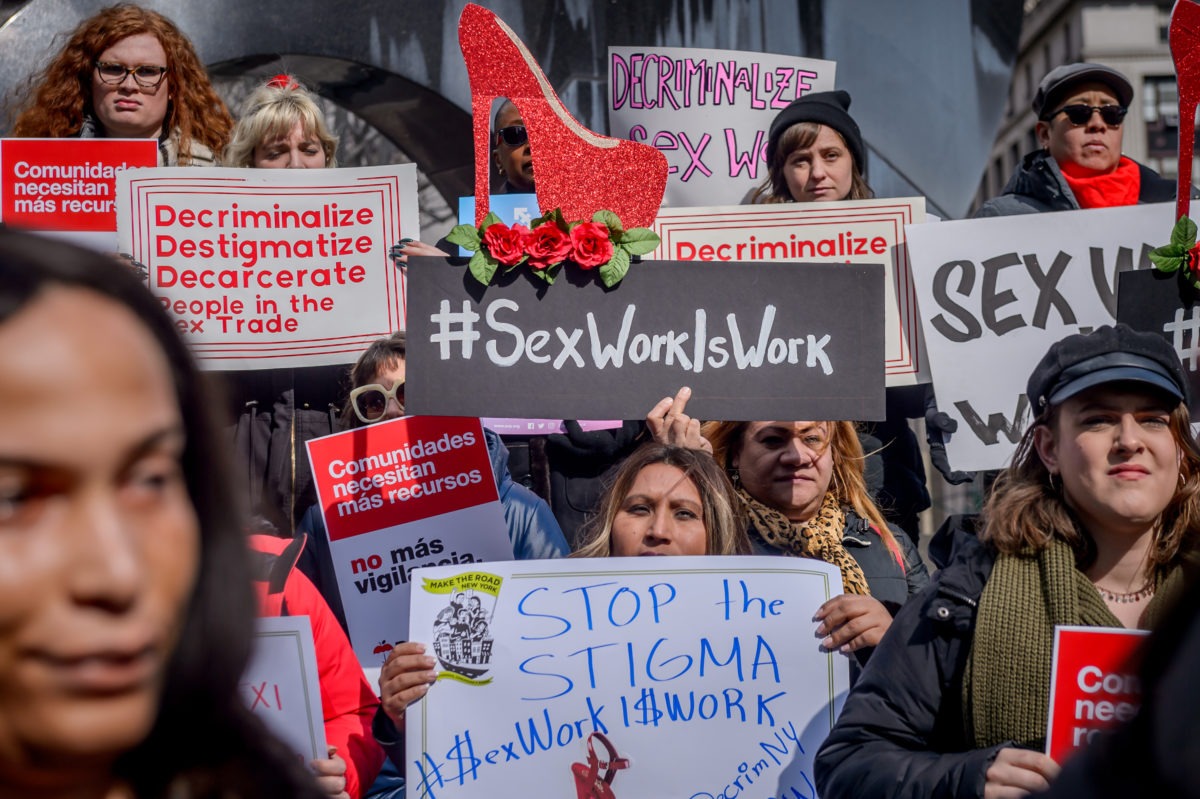
Most candidates running in the June election for DA say they would not prosecute cases involving consensual sex work, a striking sign of local activists’ success.
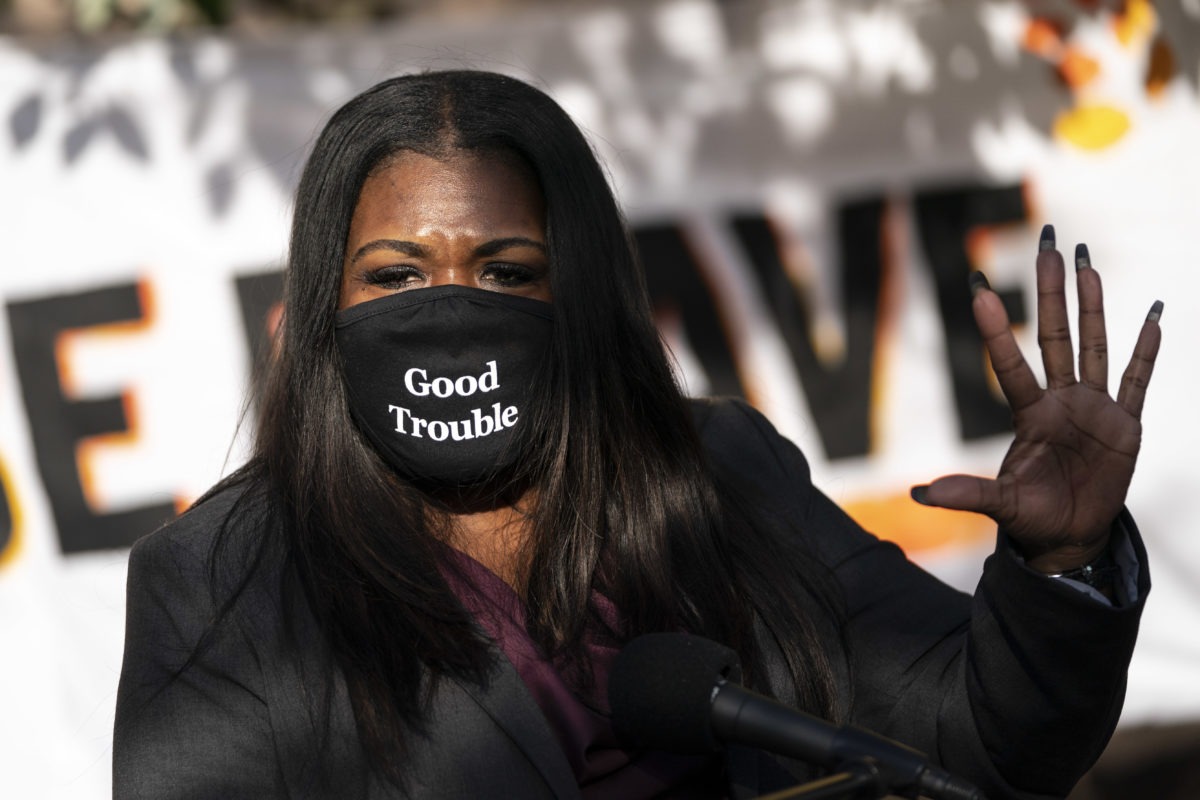
An amendment to end felony disenfranchisement failed in the House of Representatives. But the measure shows how far the fight has come in a short number of years.
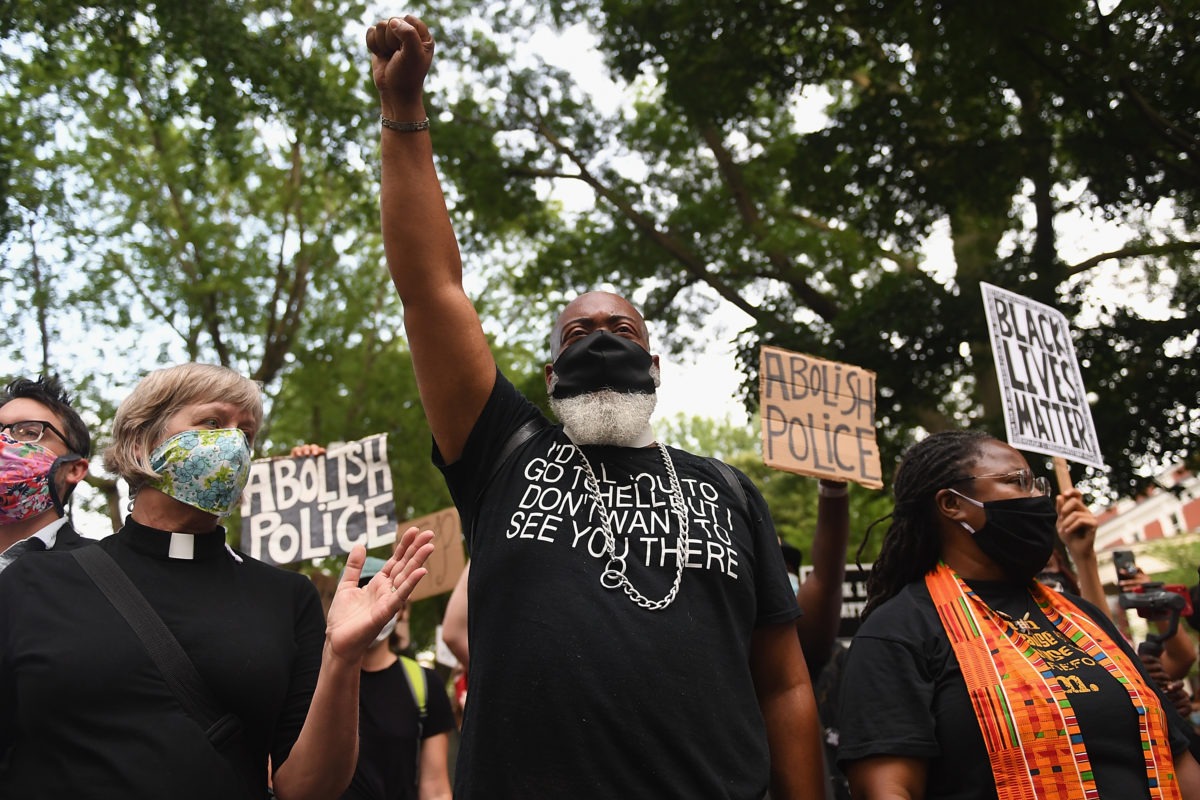
Instead of expanding the “arrest, prosecute, and incarcerate model,” advocates want the next mayor to address the root causes of violence.

The Fifth Circuit’s decision against James Garfield Broadnax, a Black man on death row in Texas, is the latest example of the deference judges grant prosecutors to craft white juries.
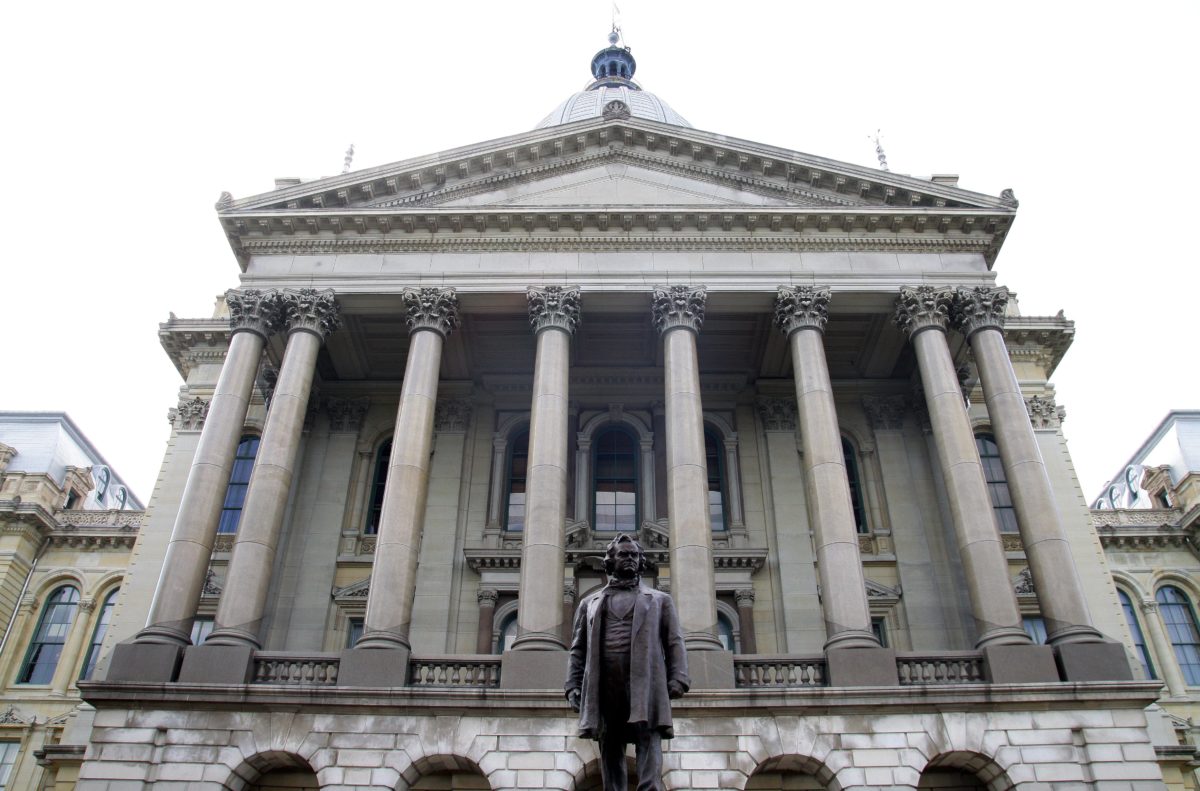
A hard-fought reform will stop the state from distorting political power. But it won’t take effect for a long time.